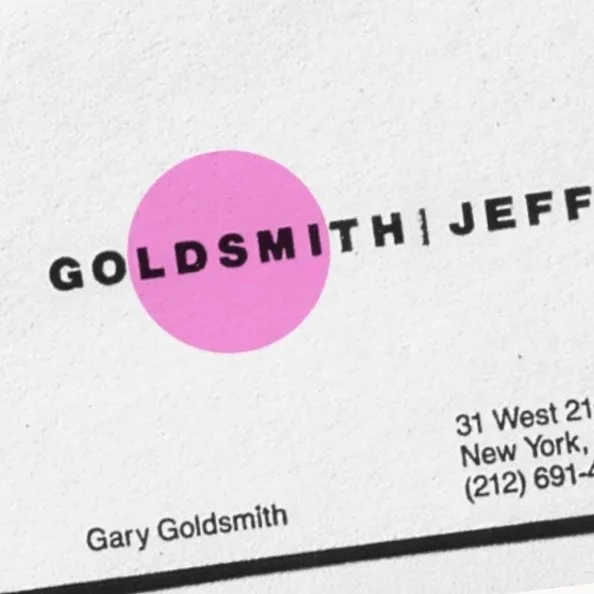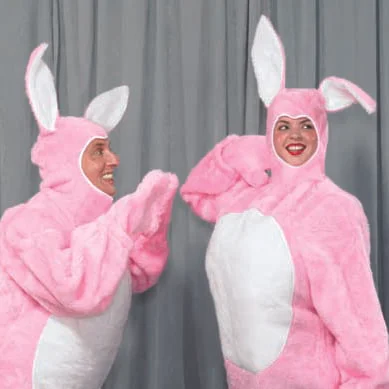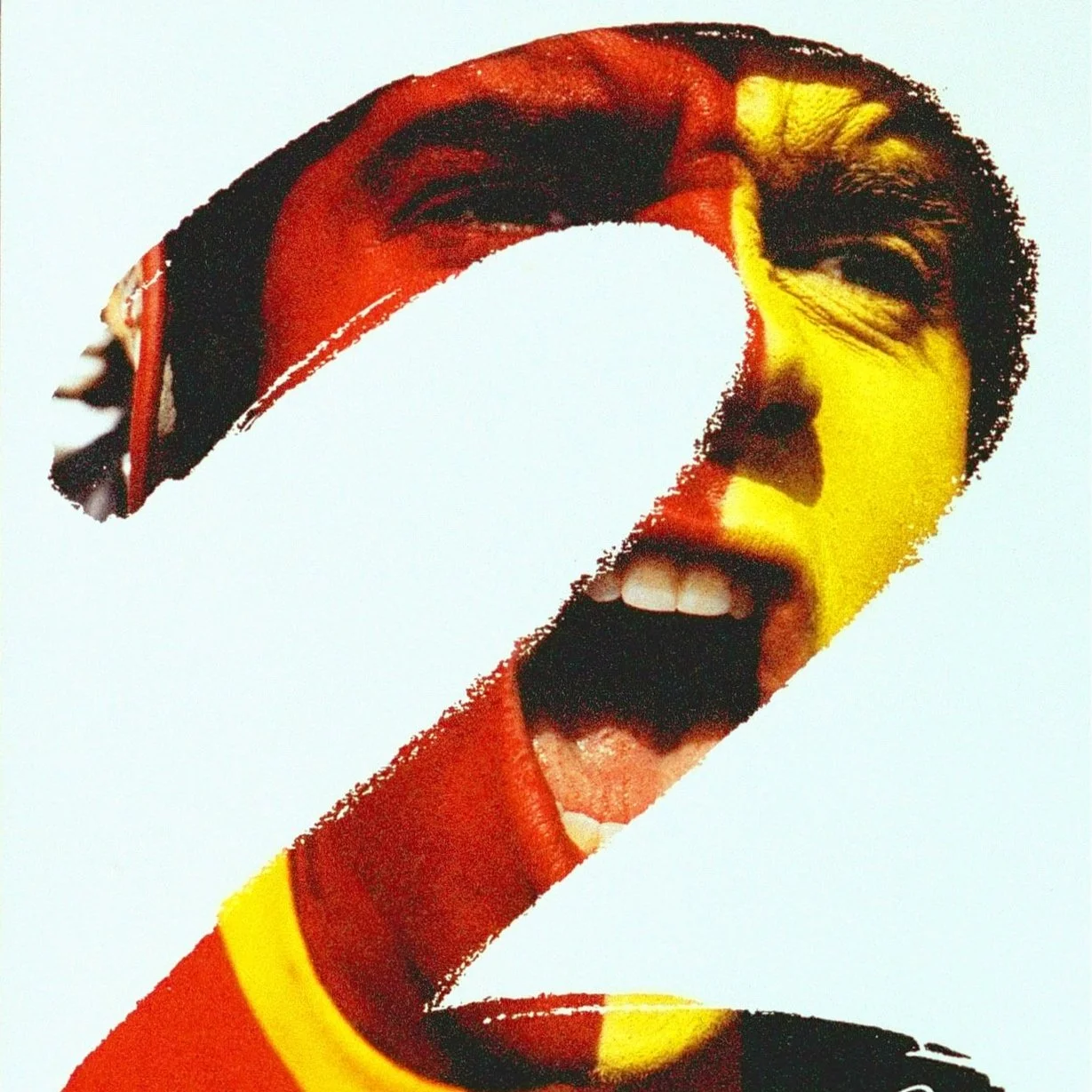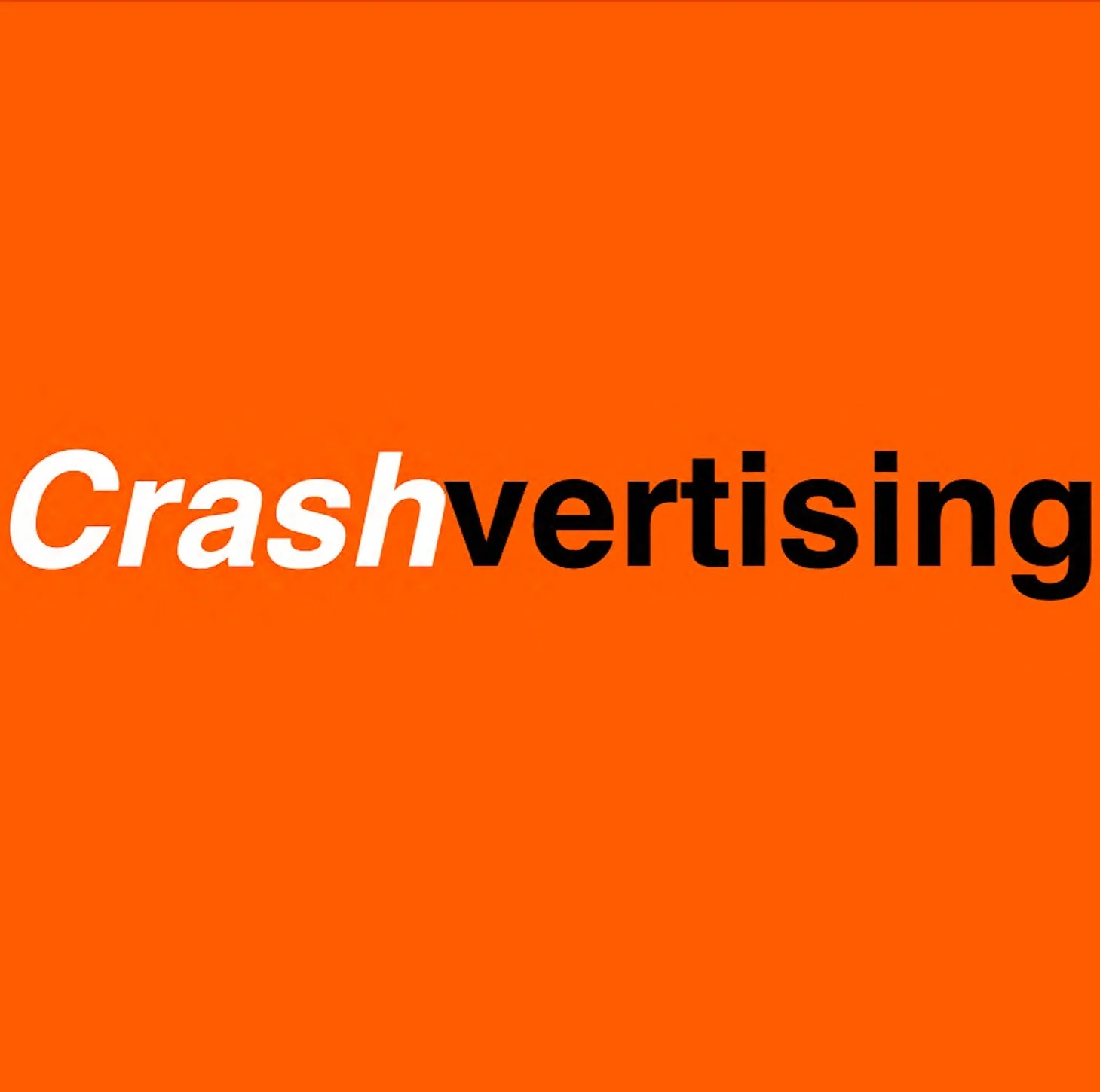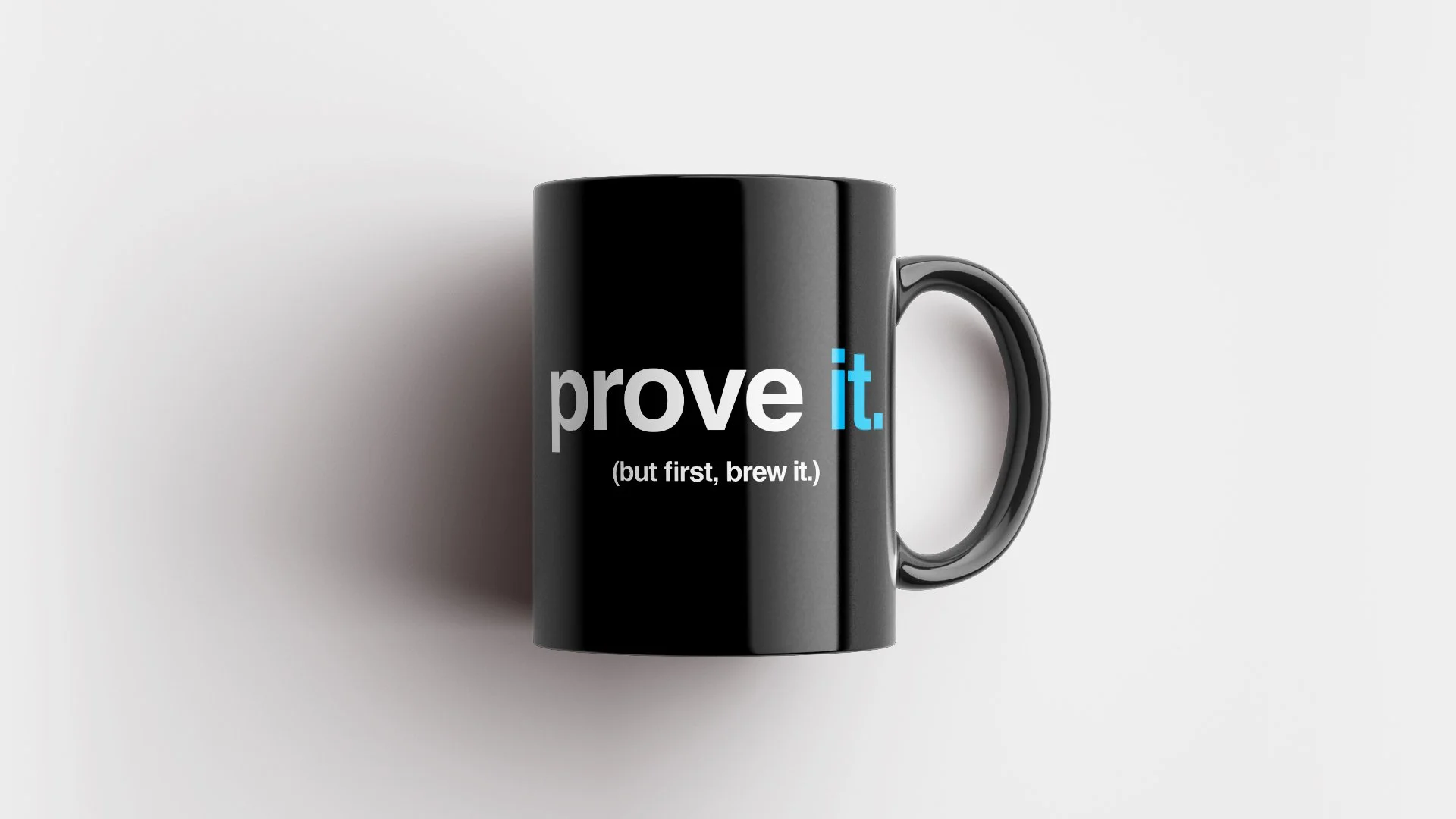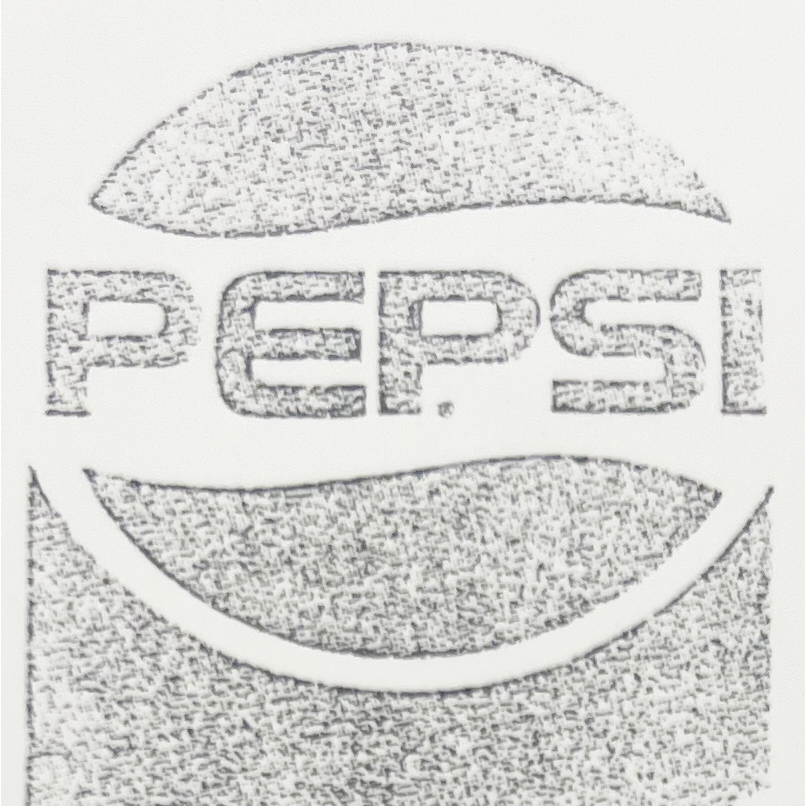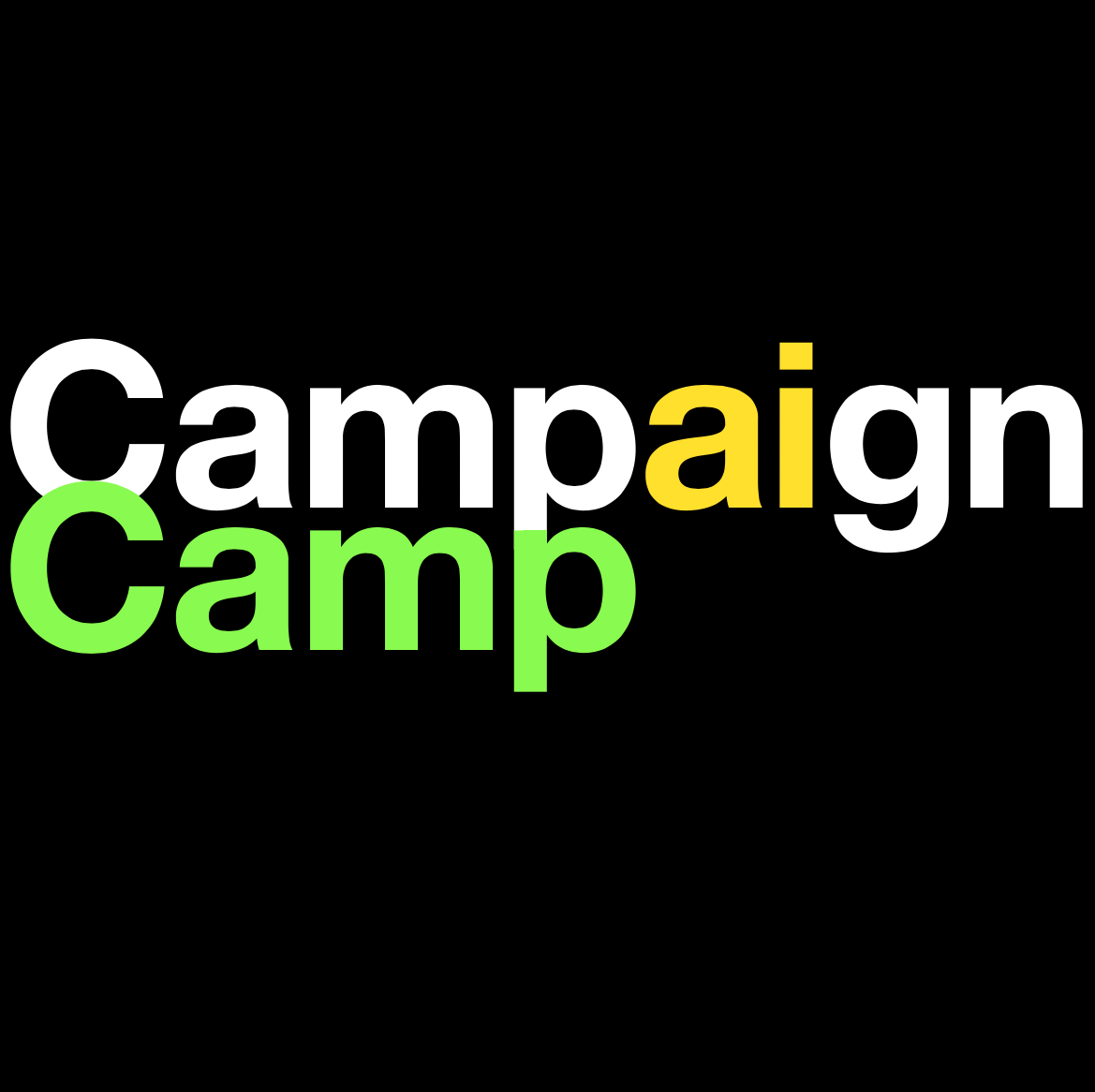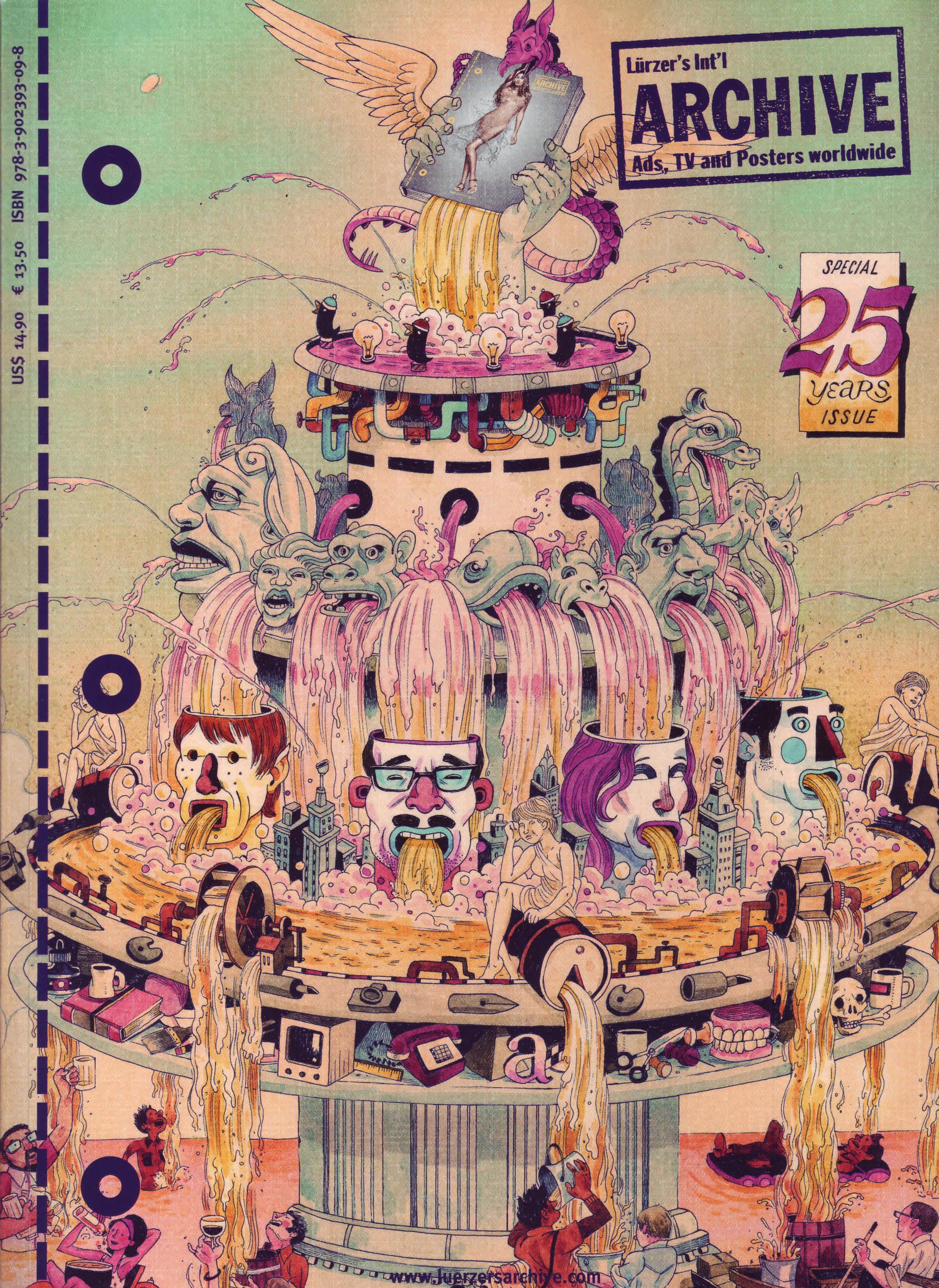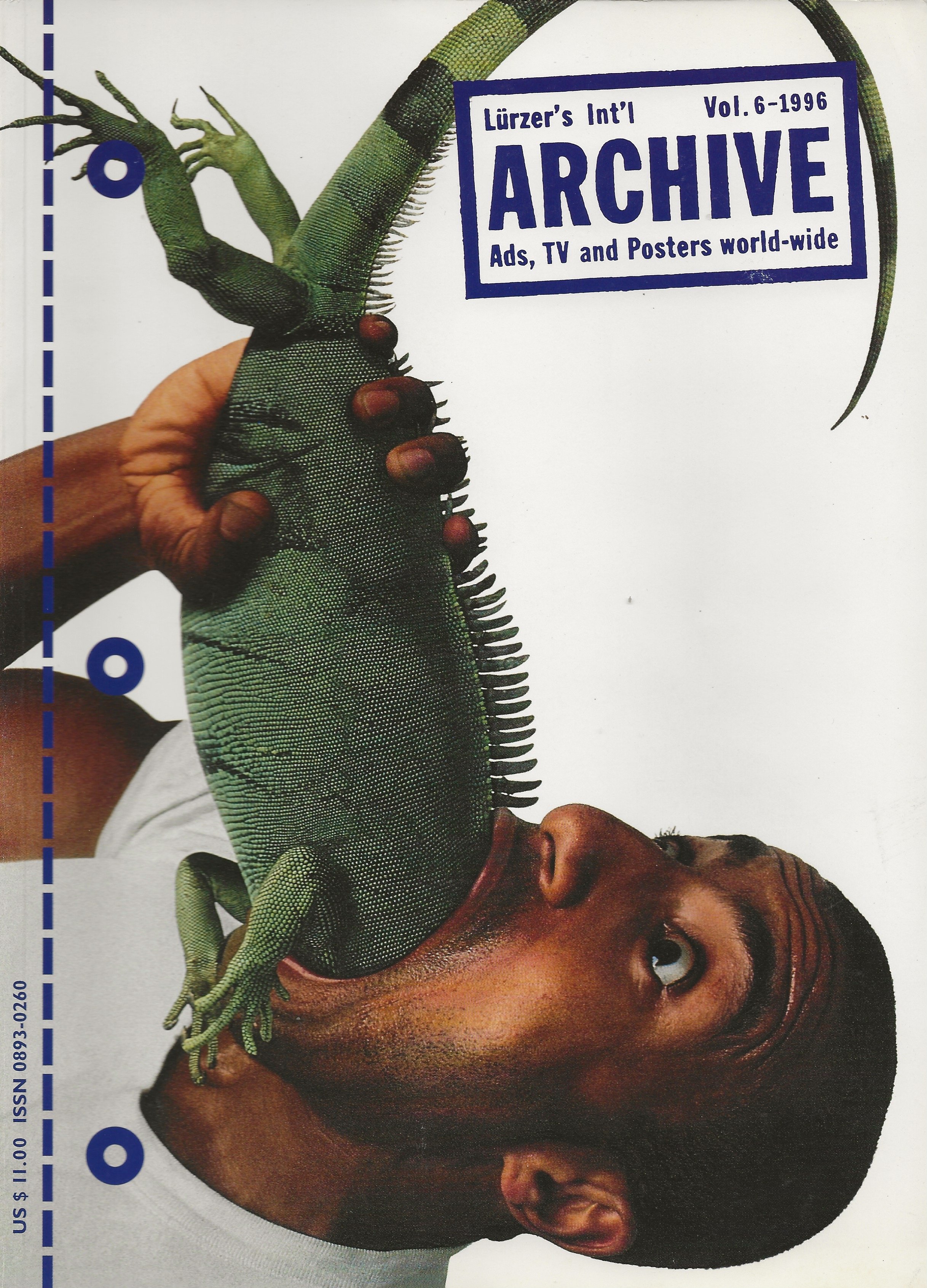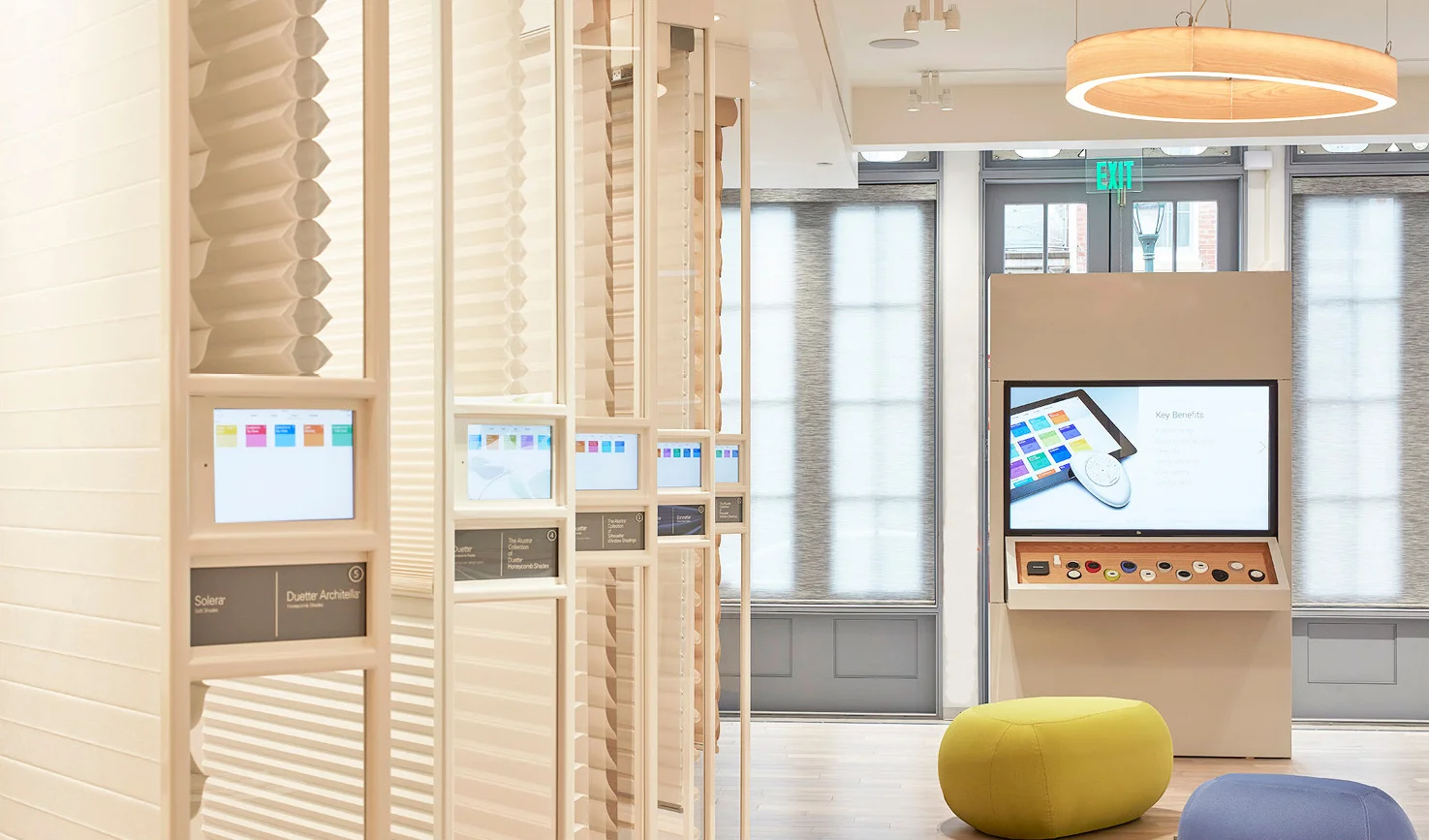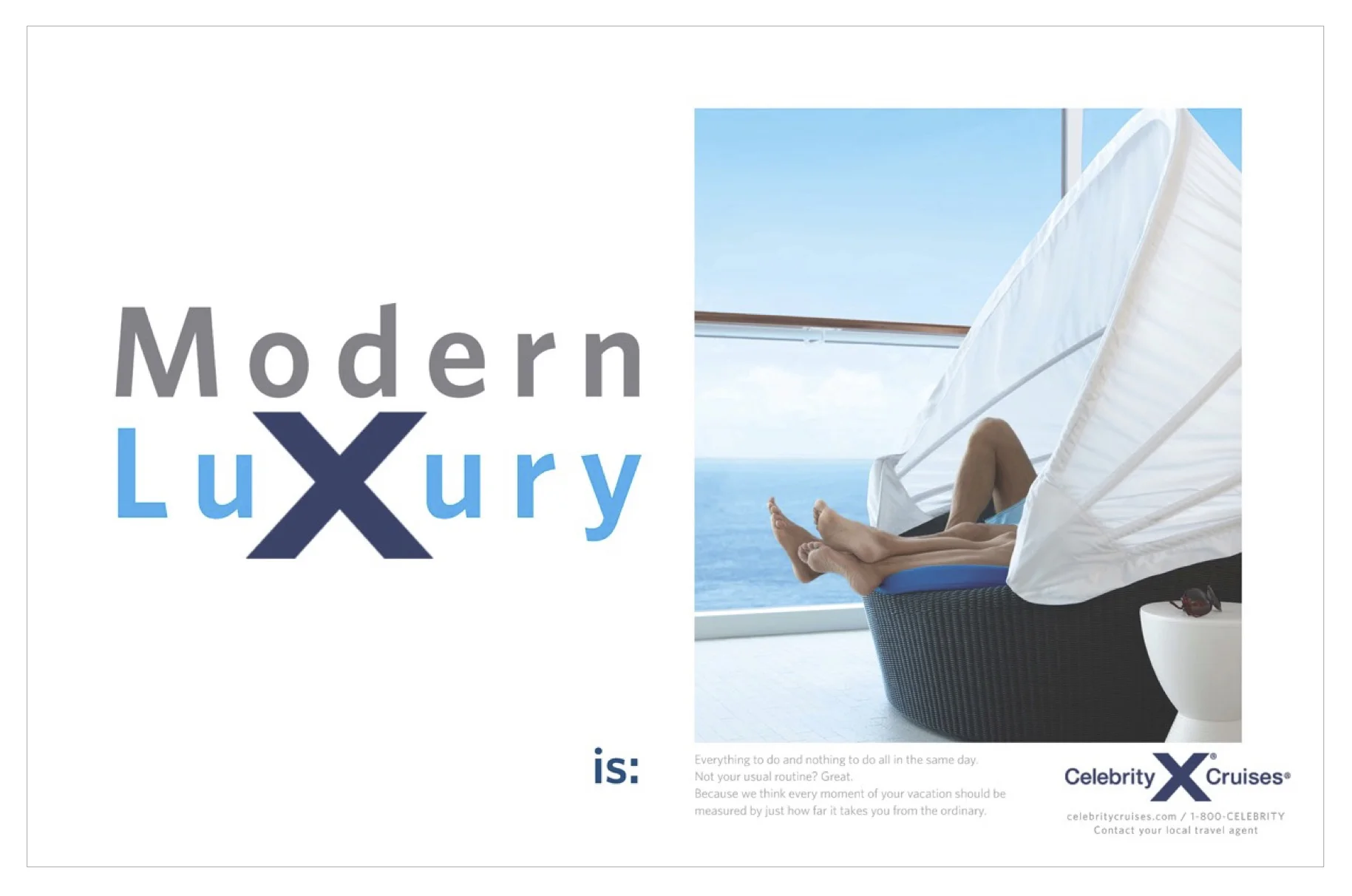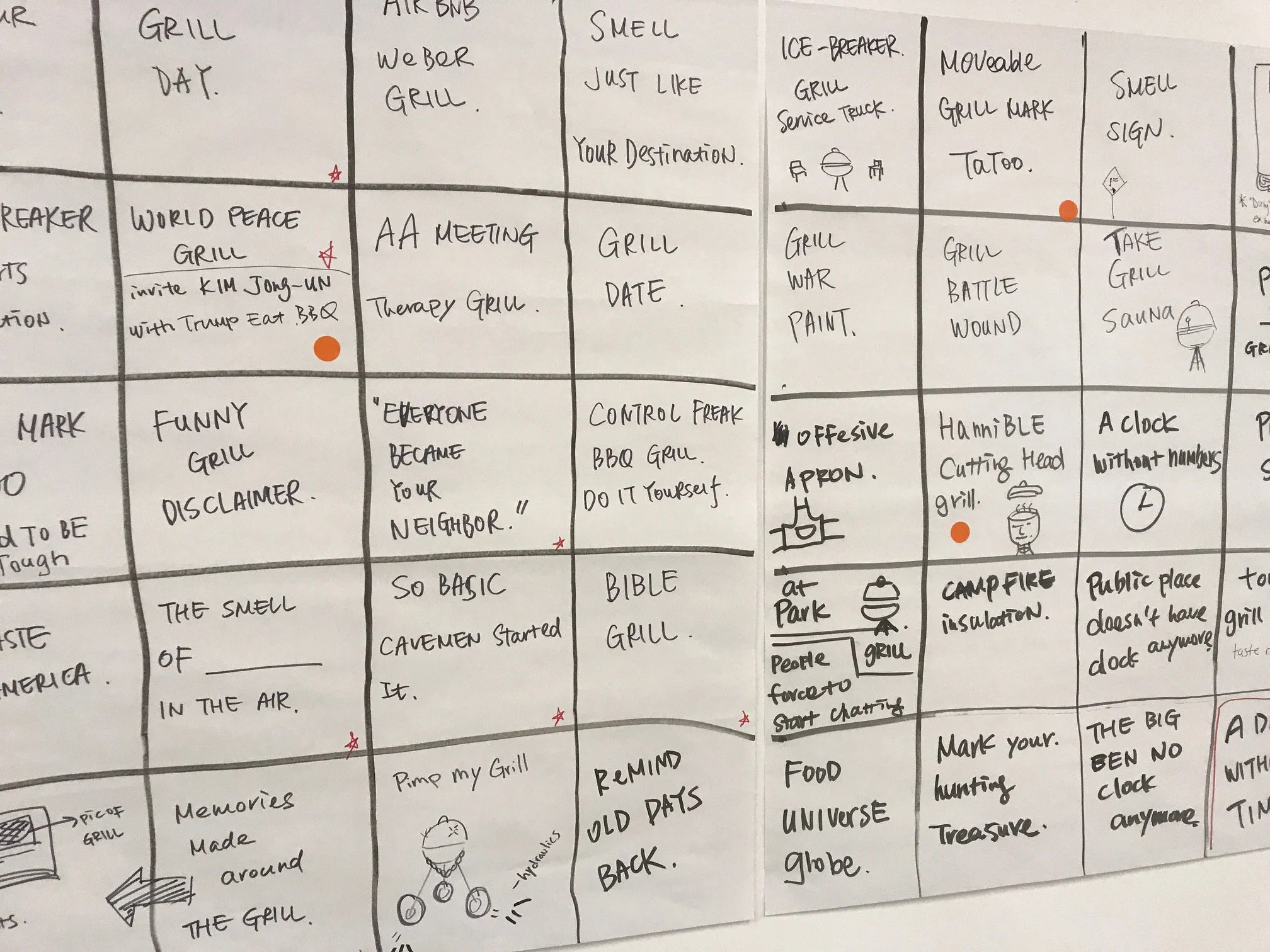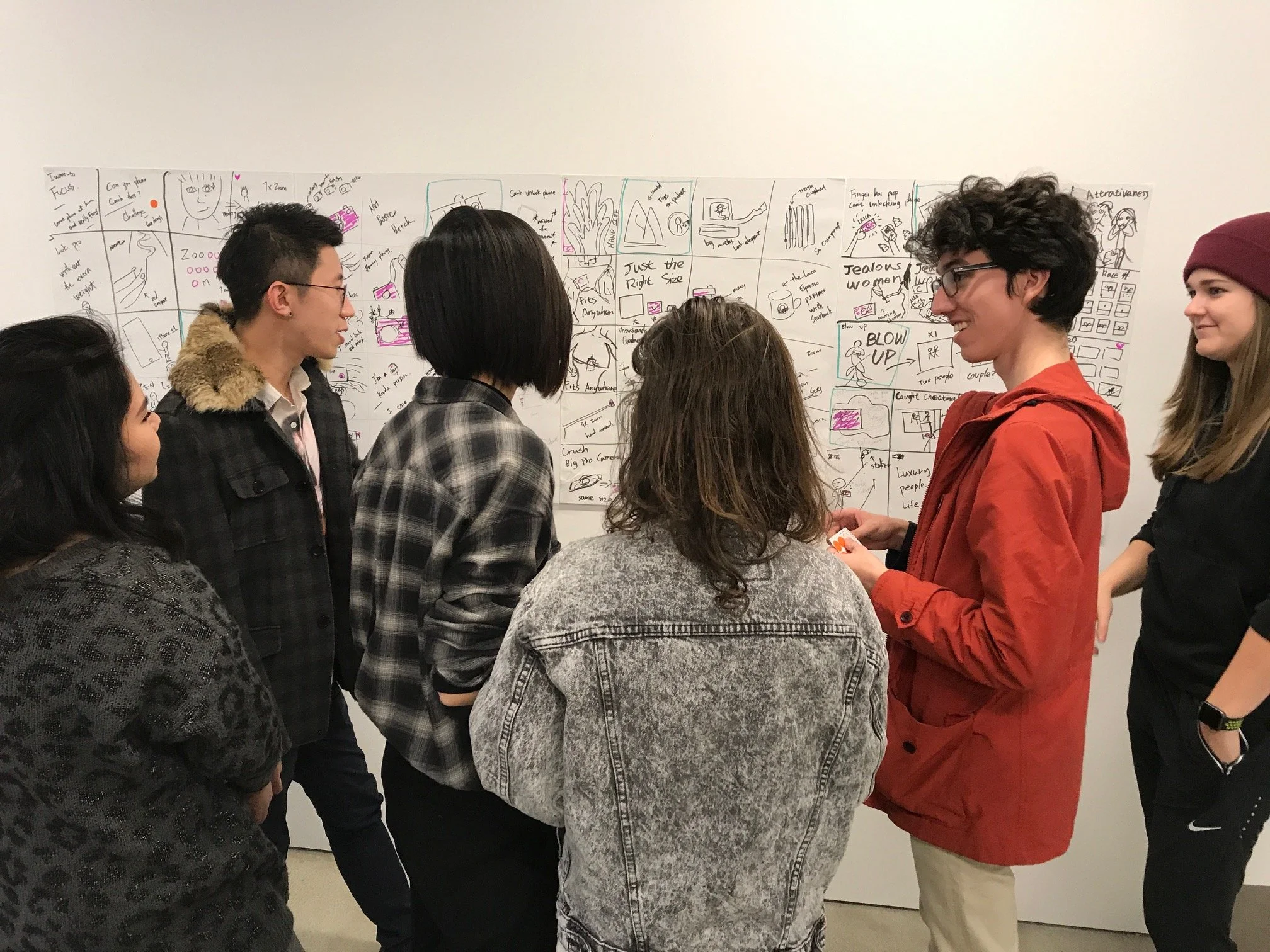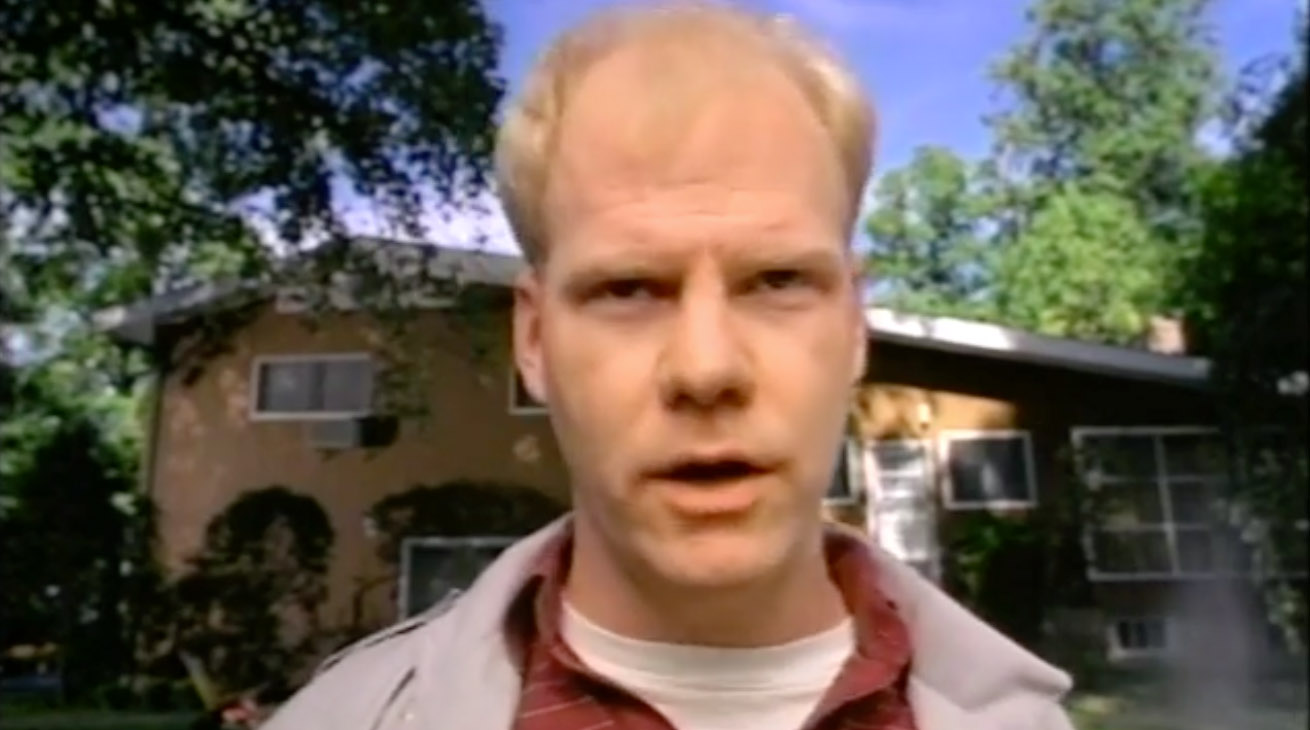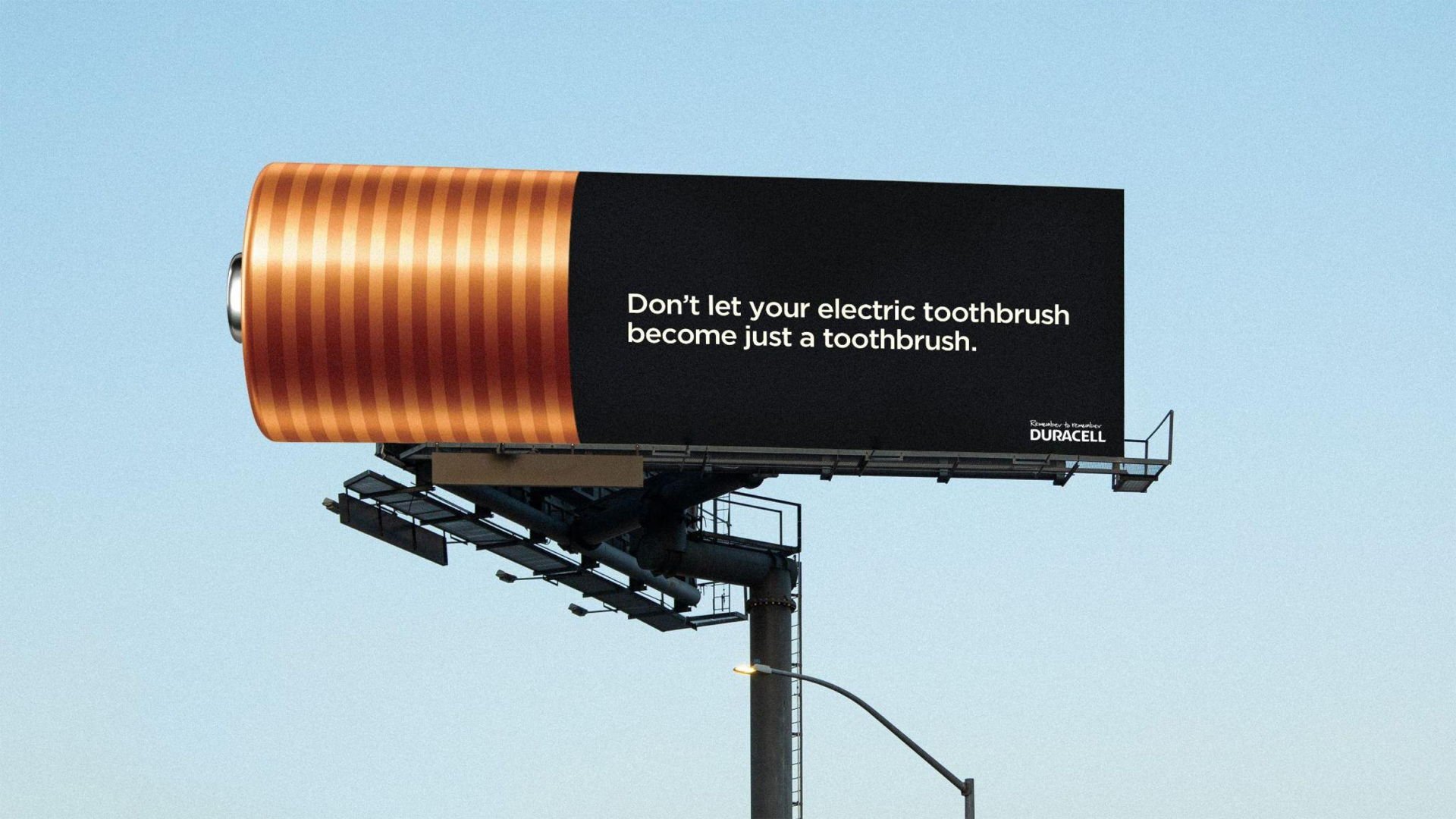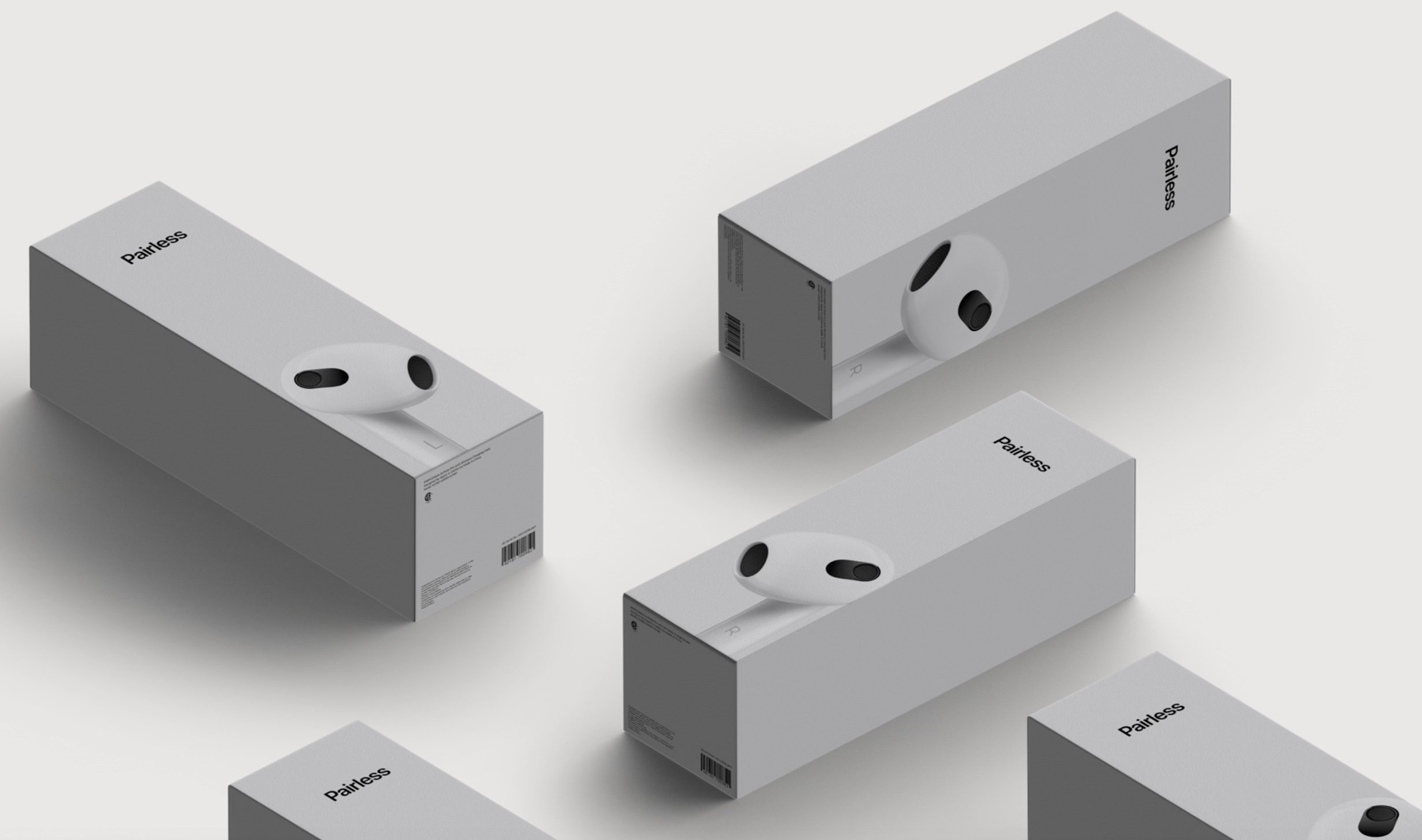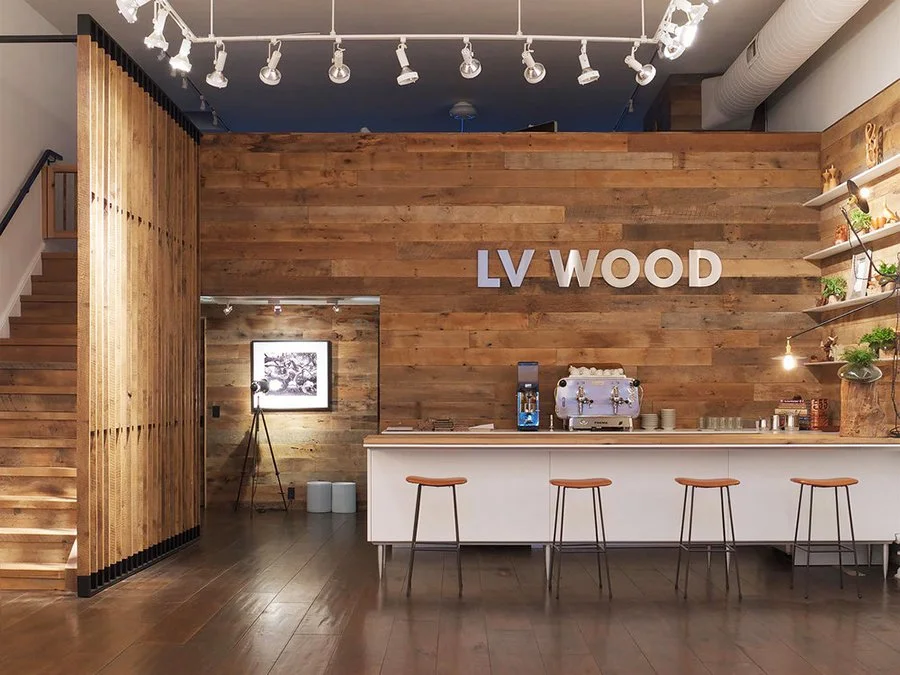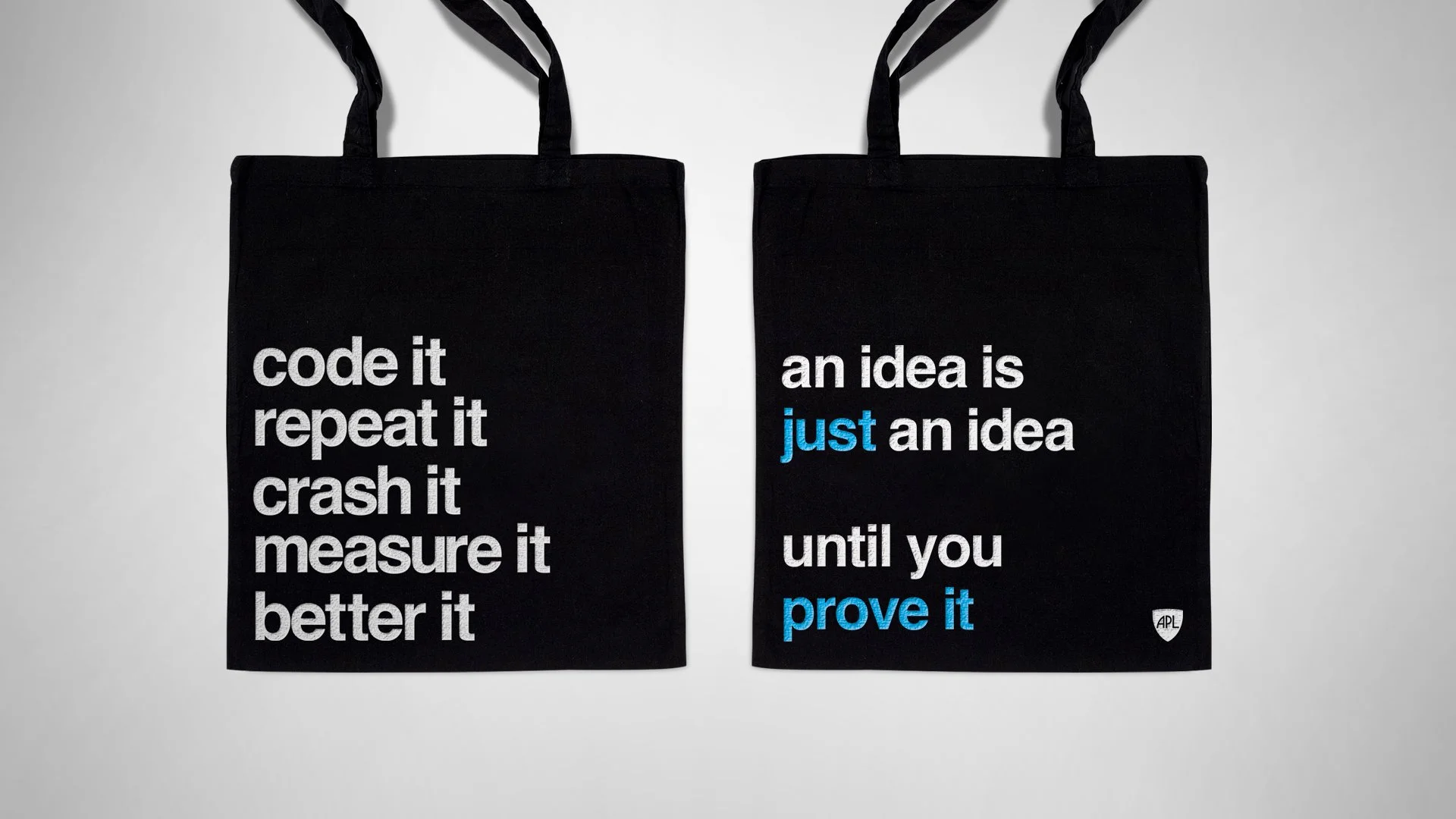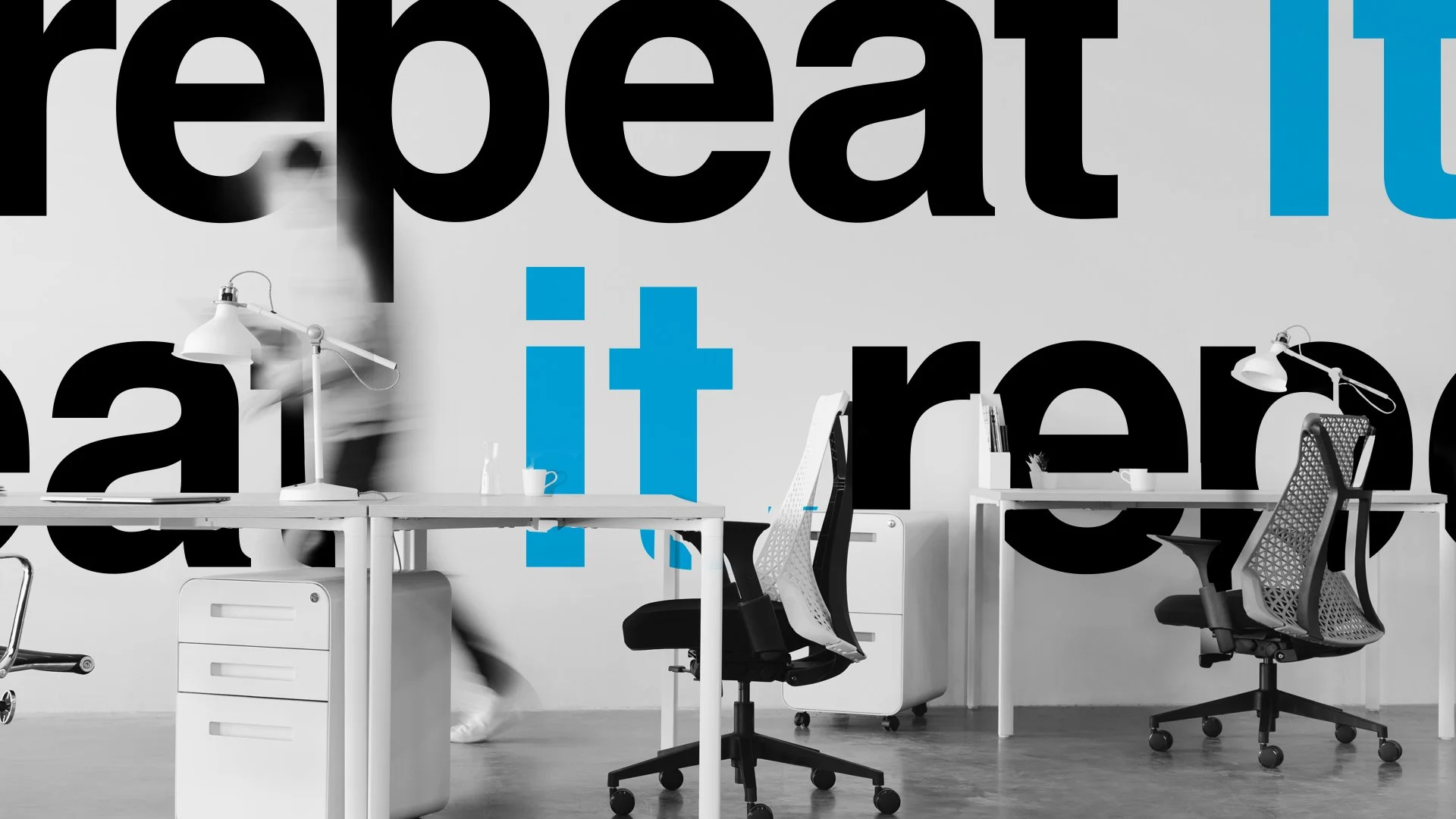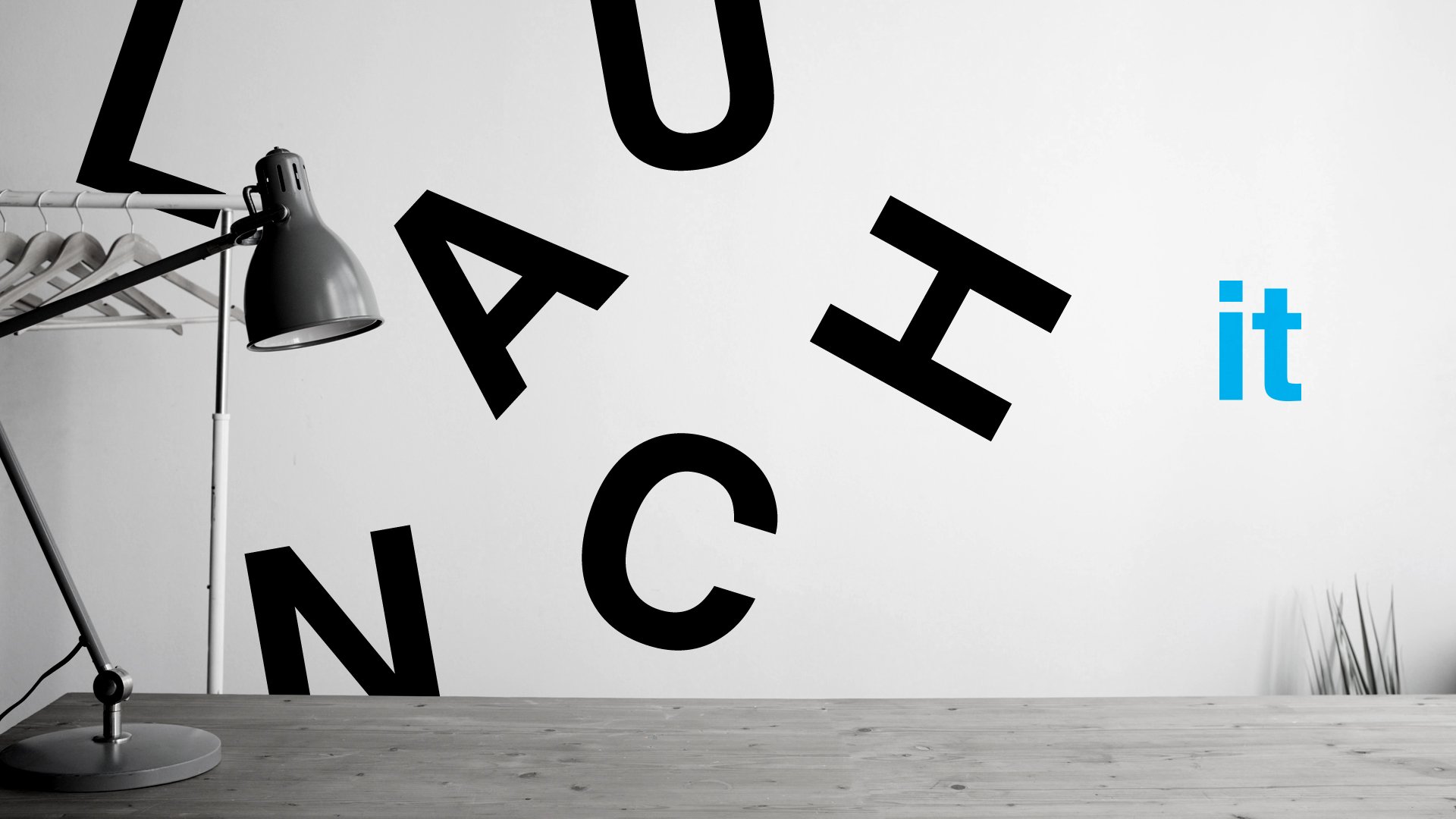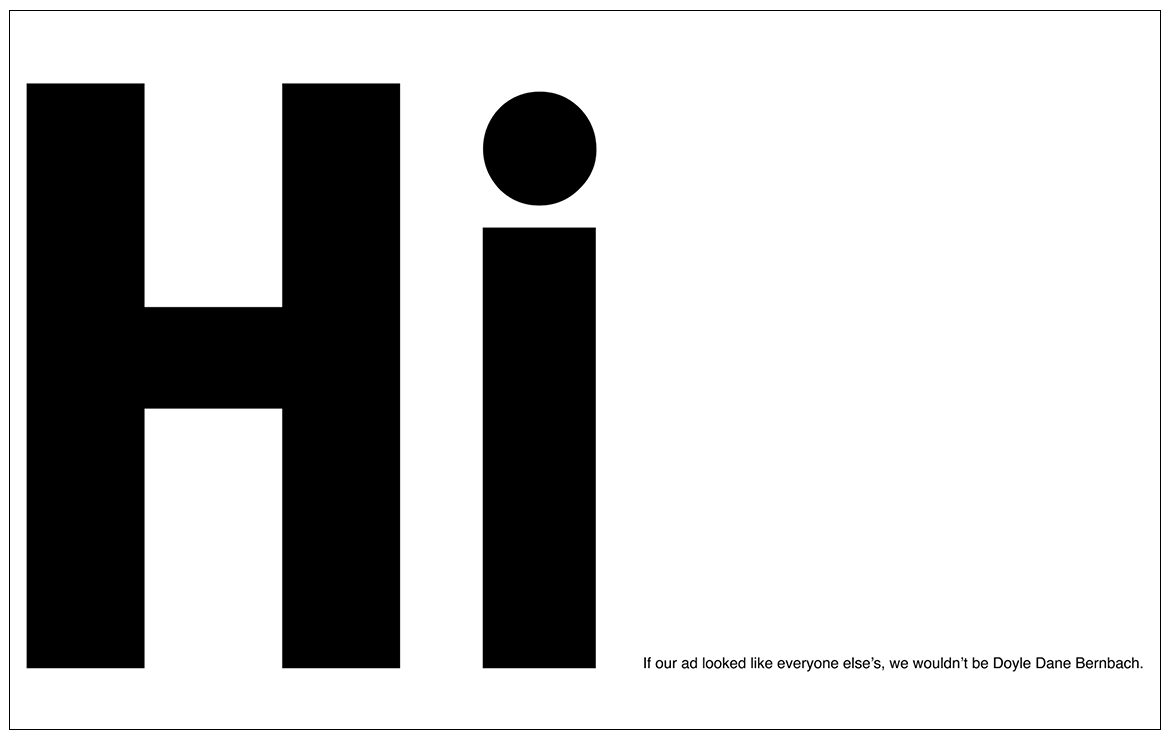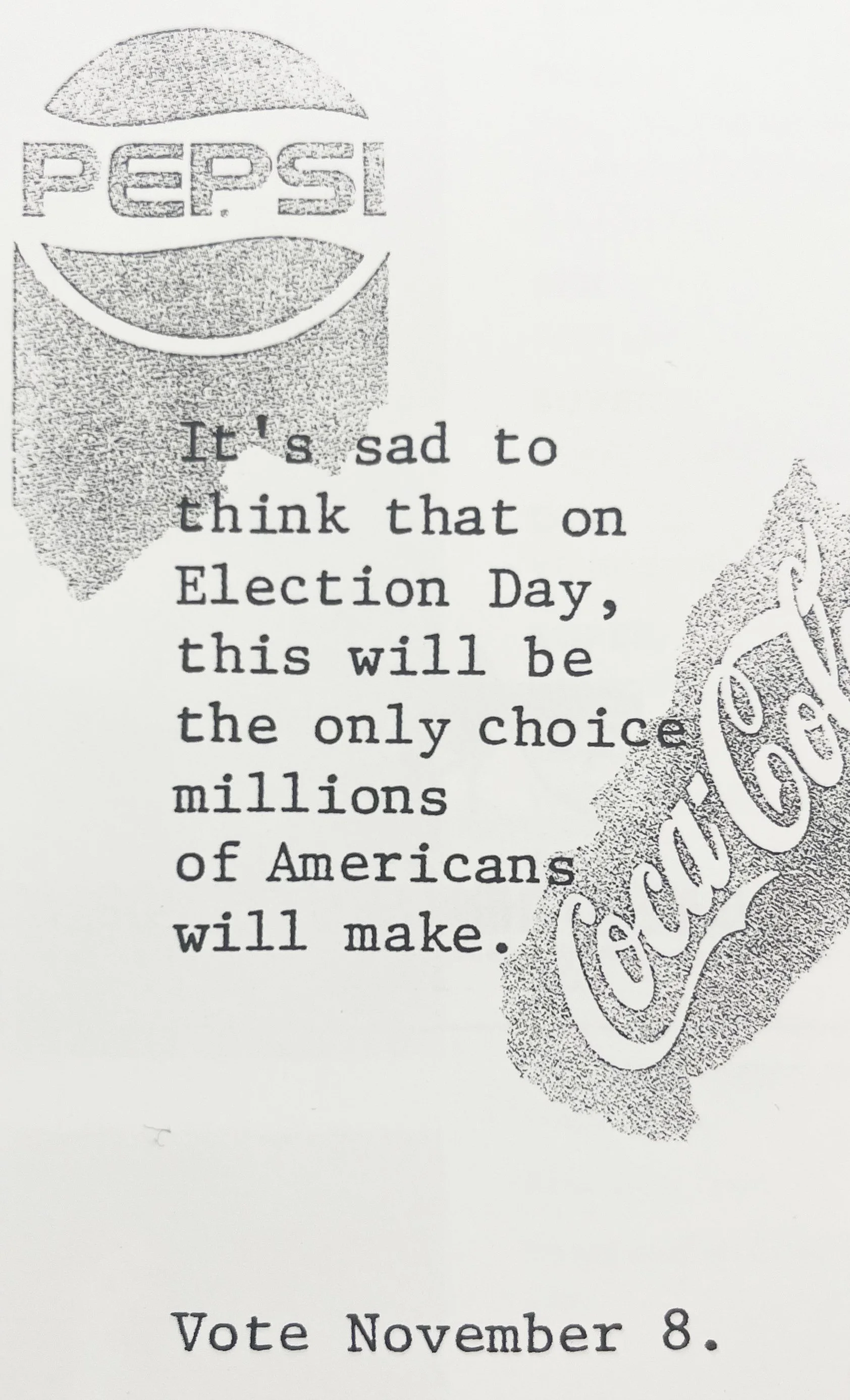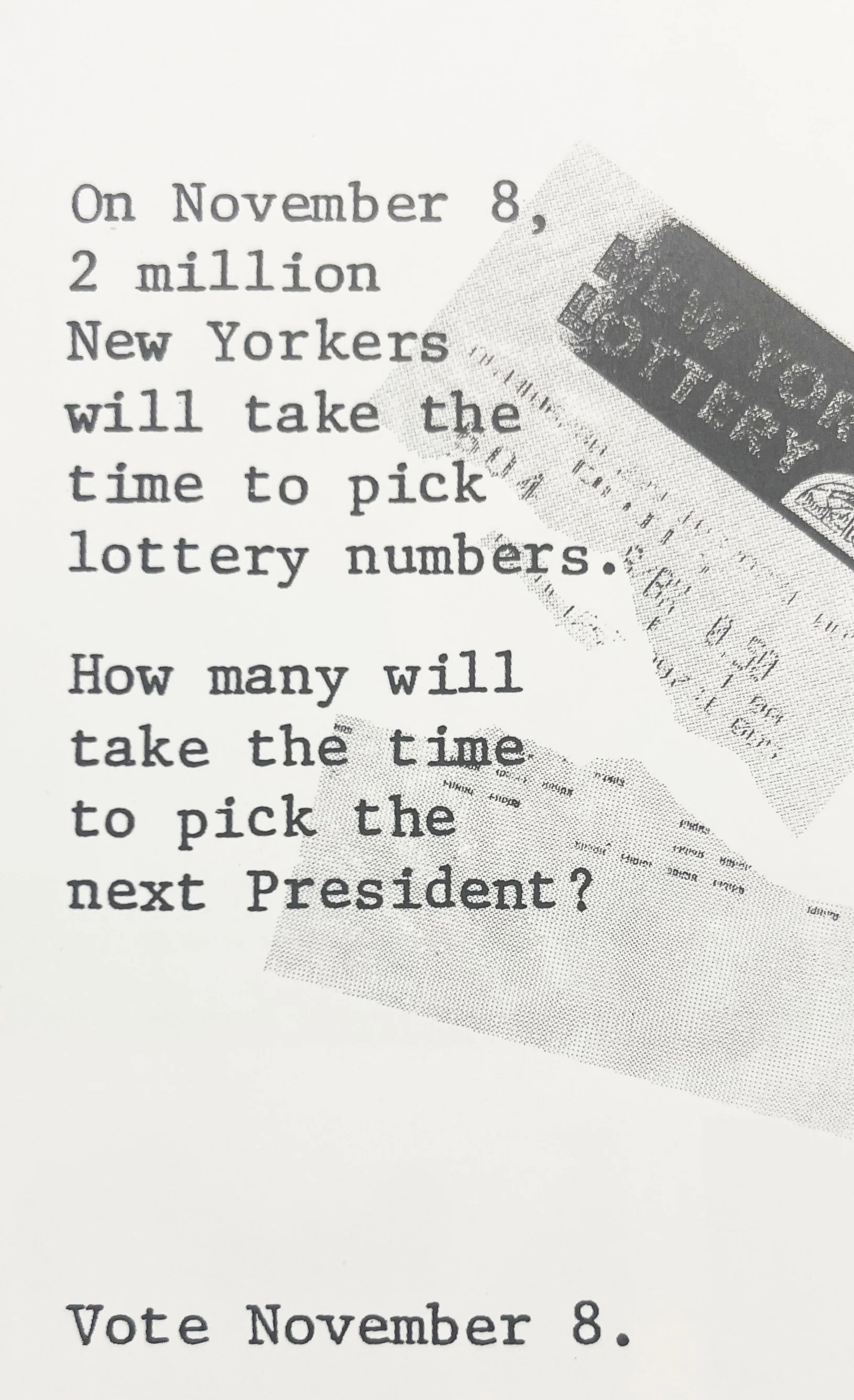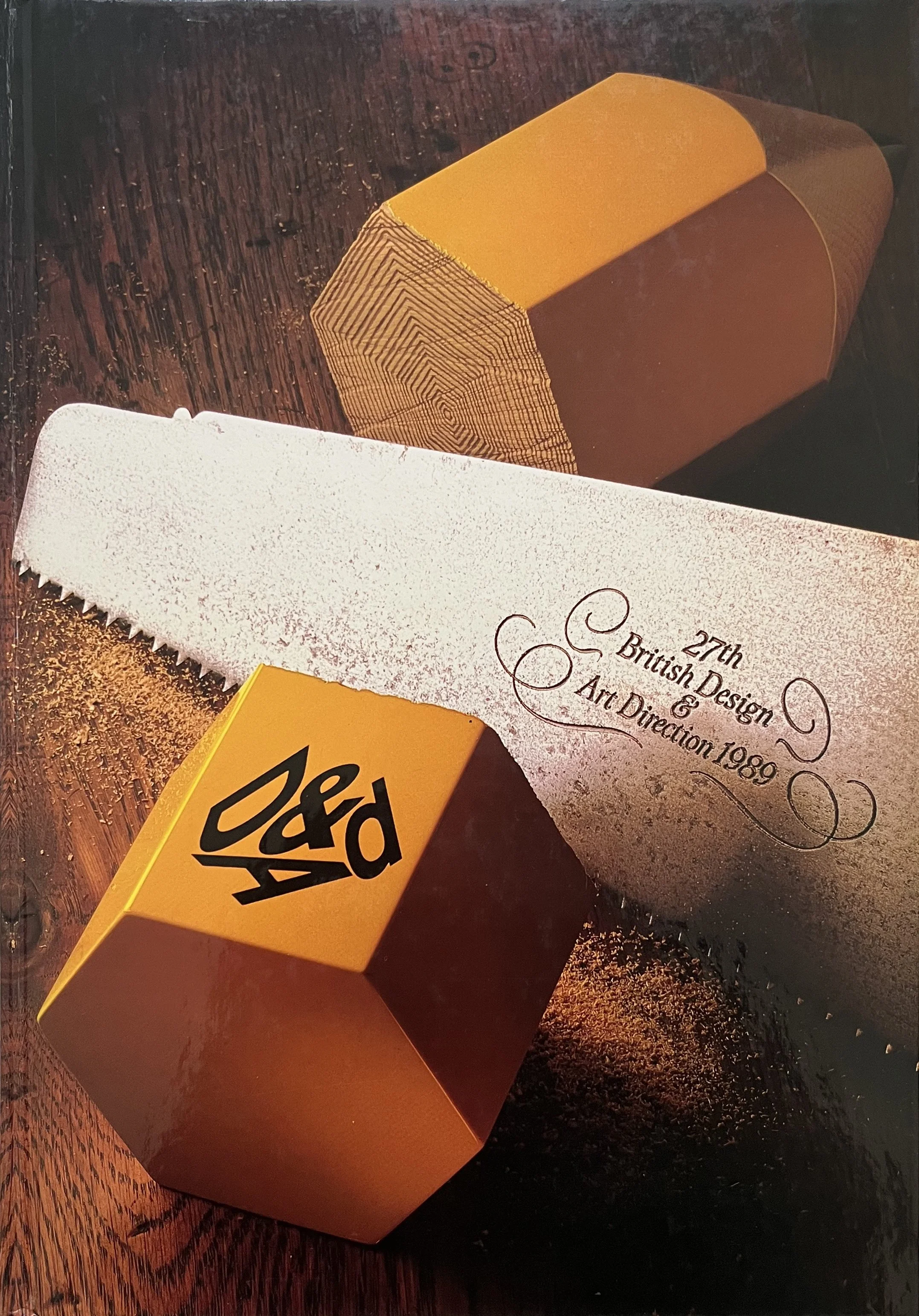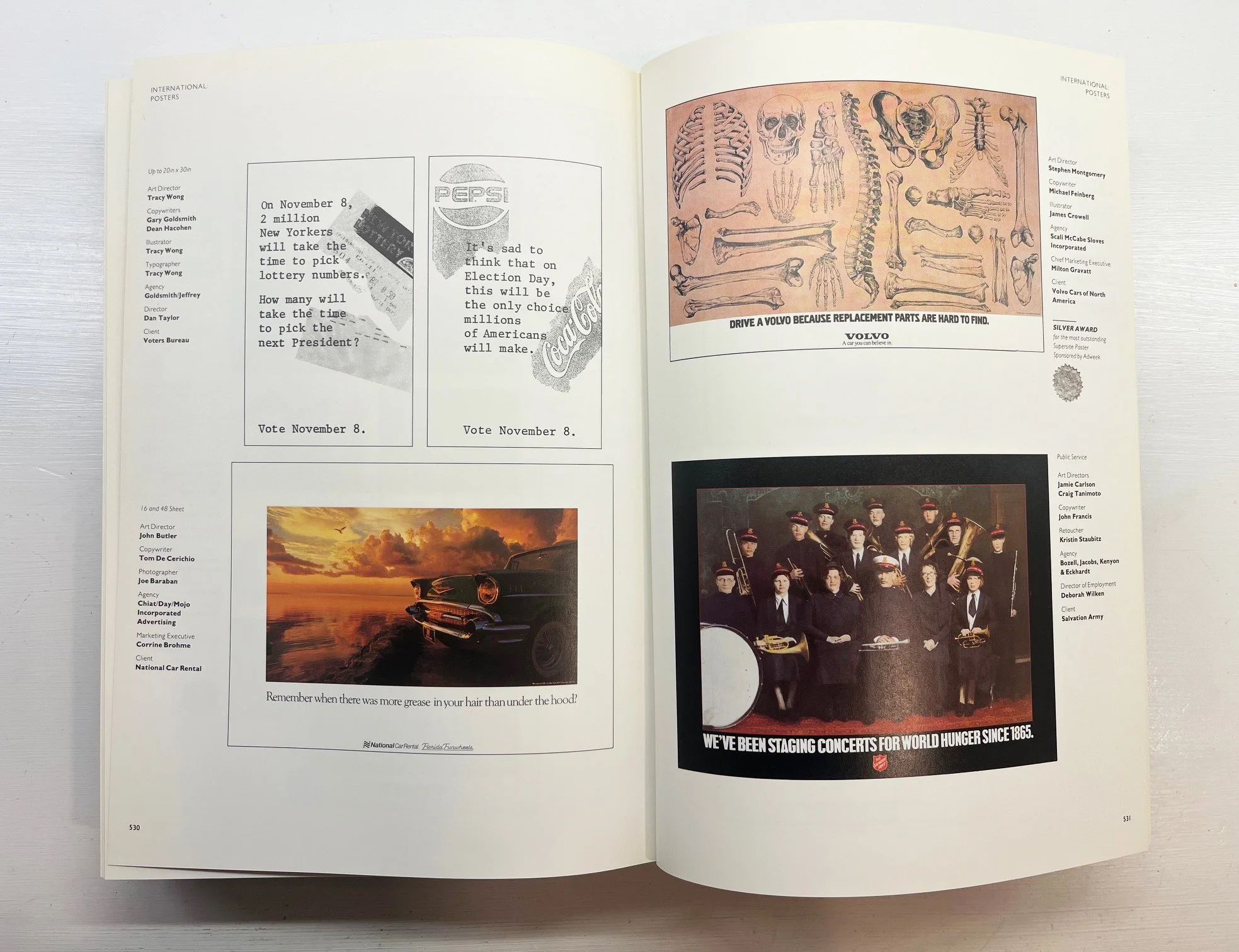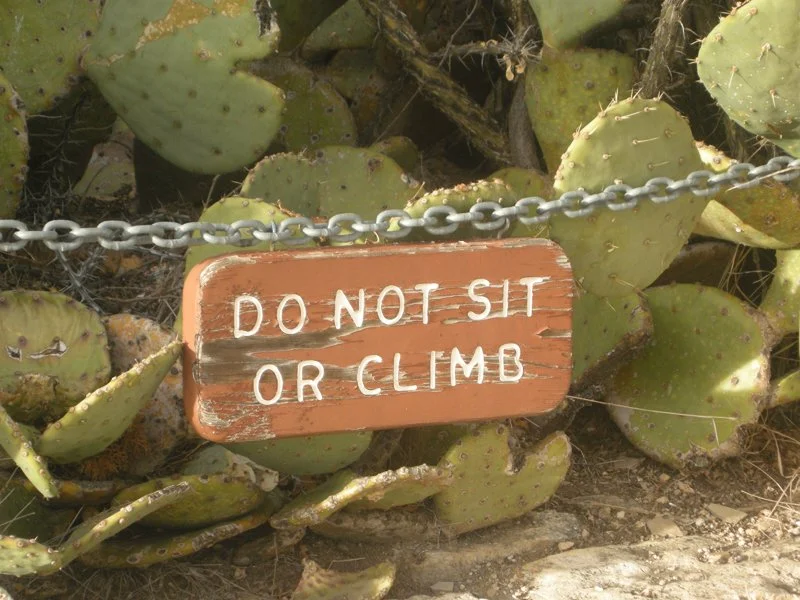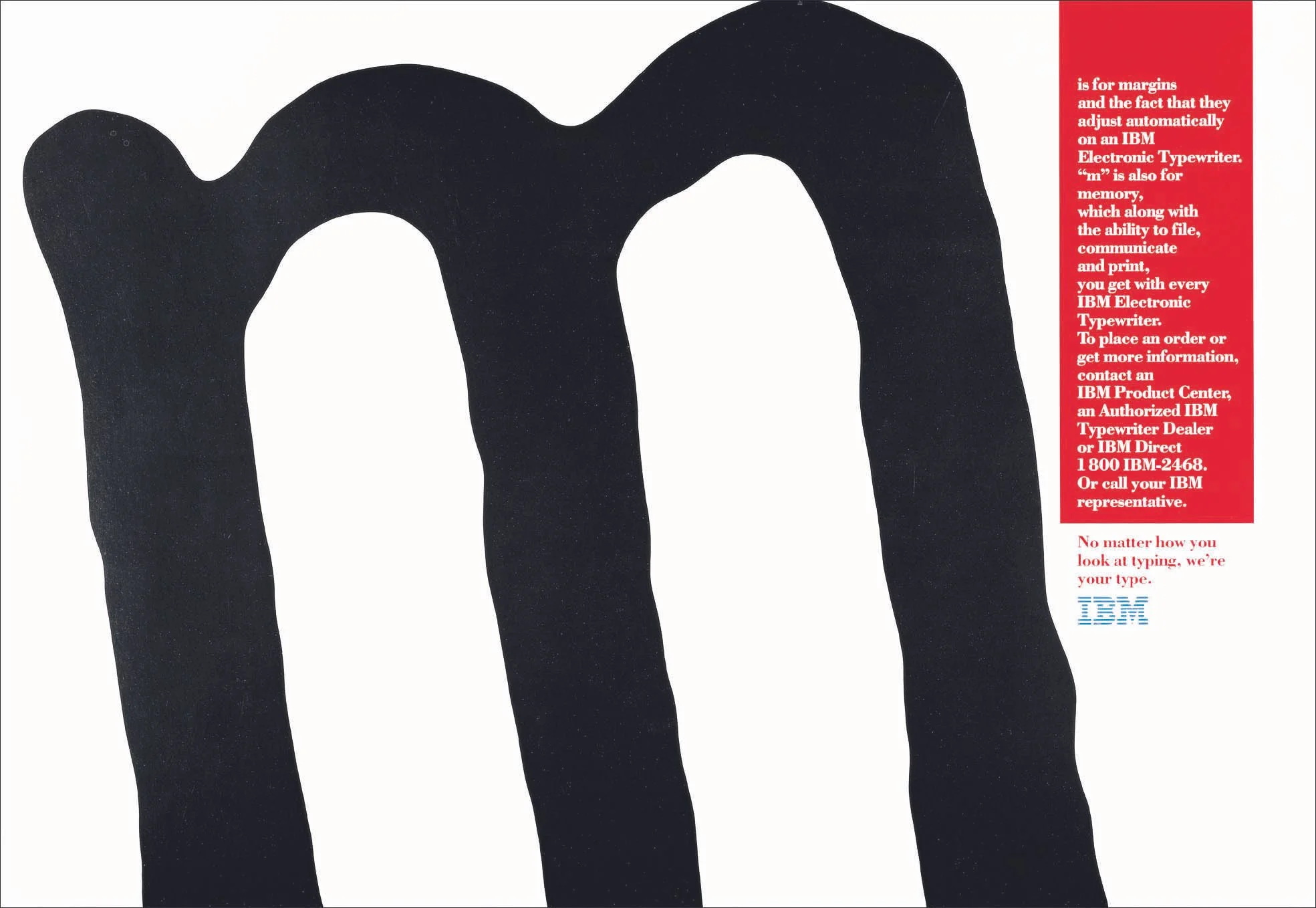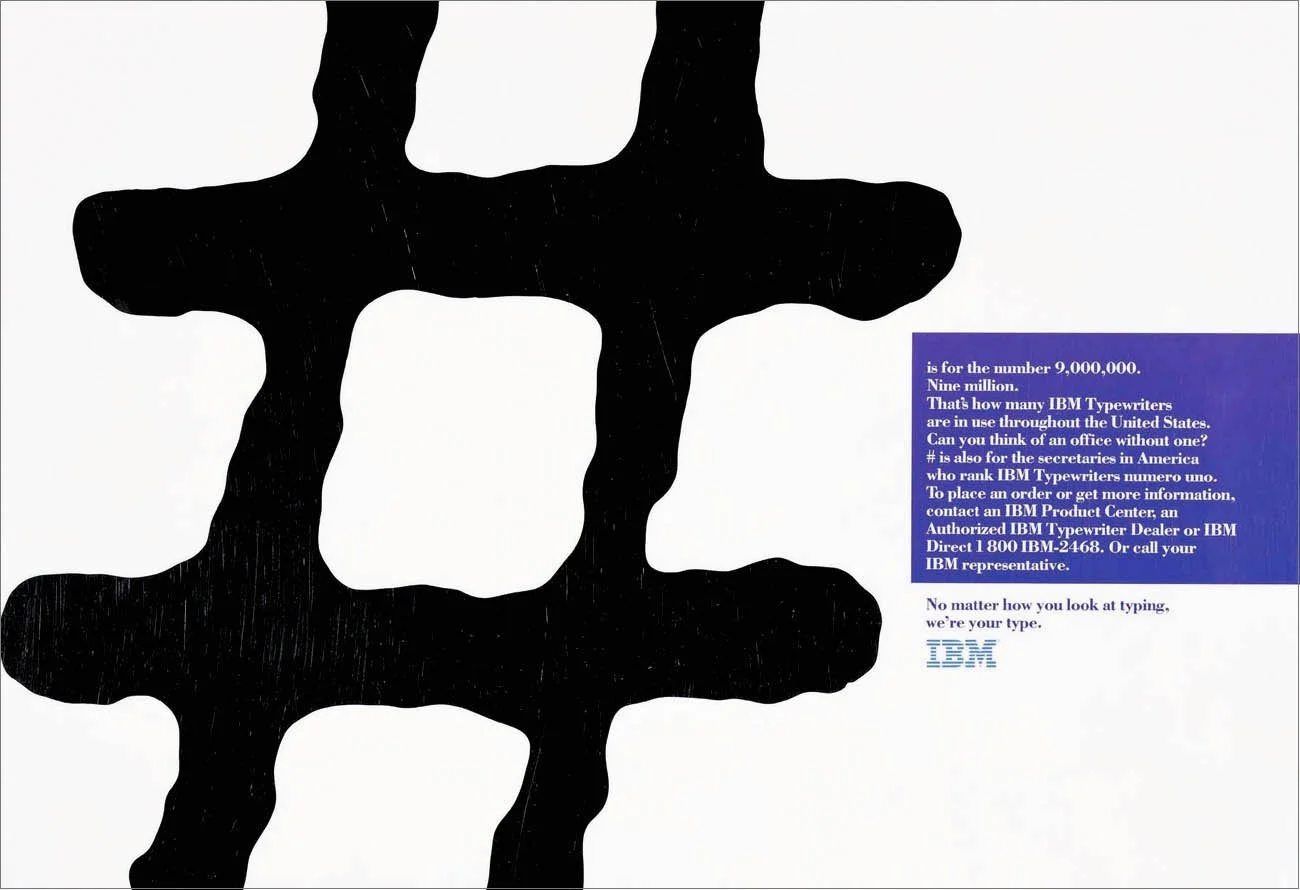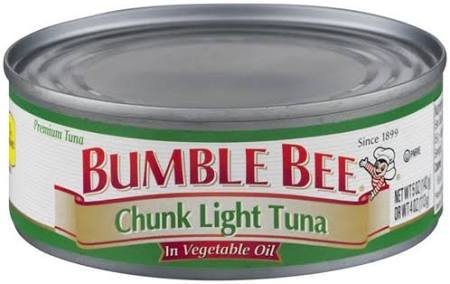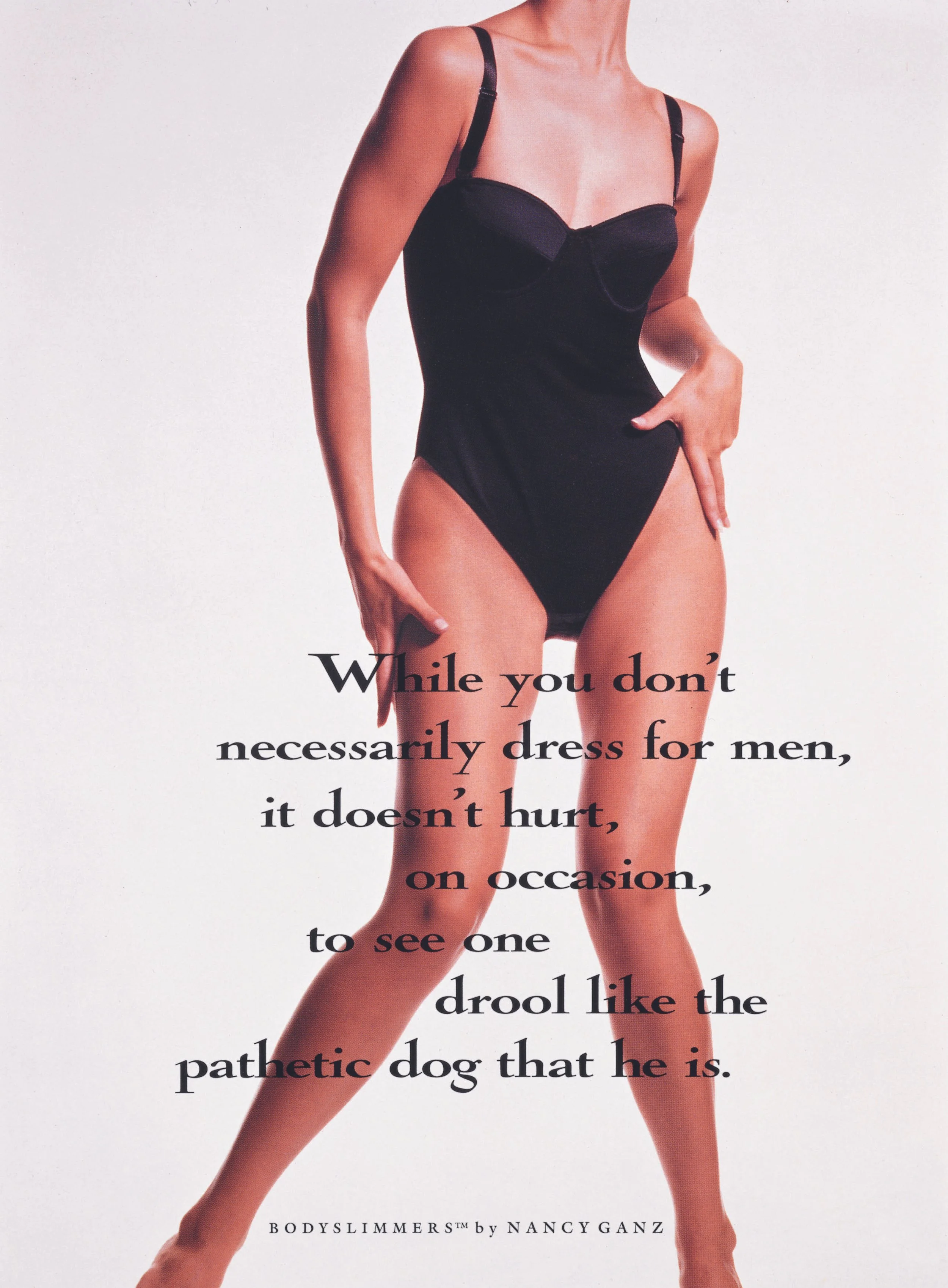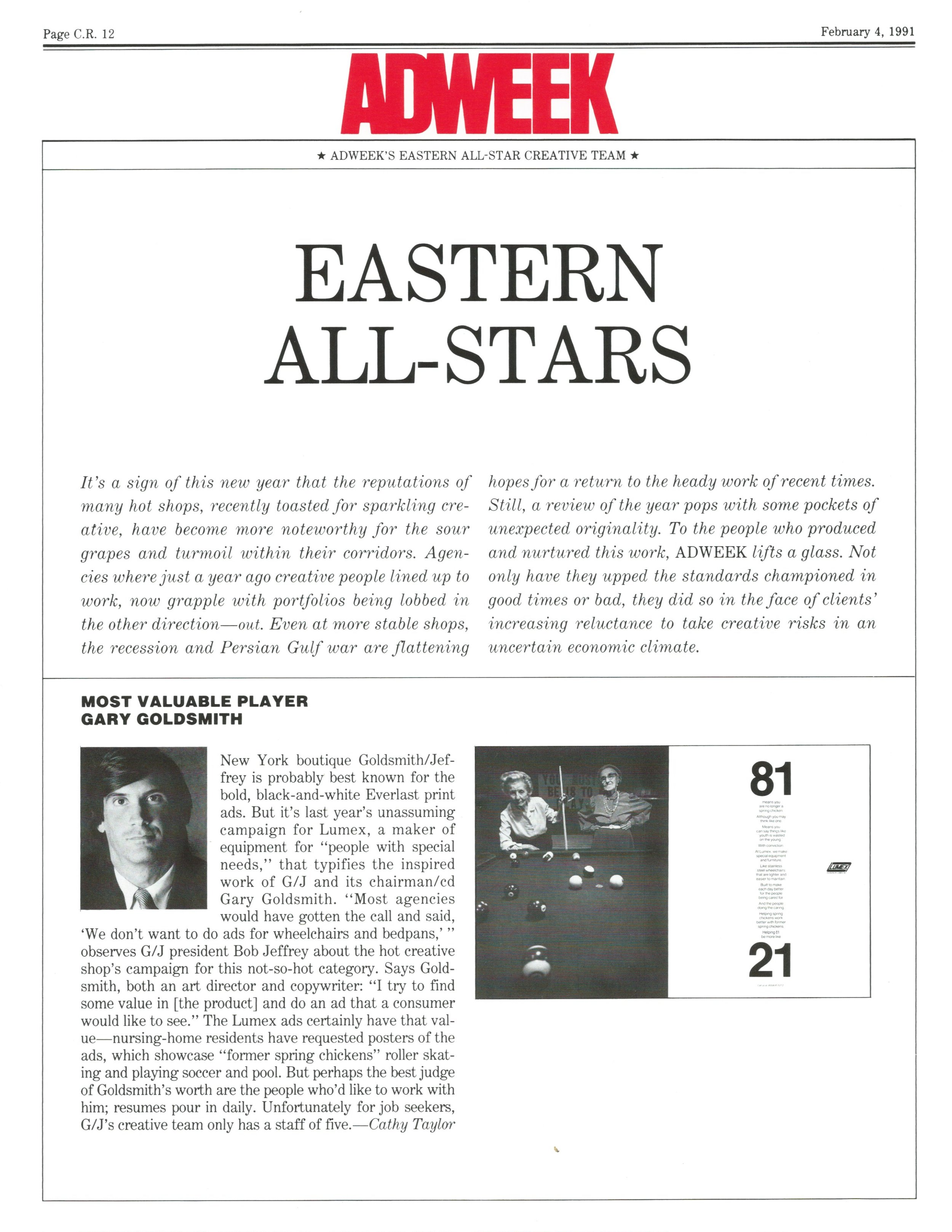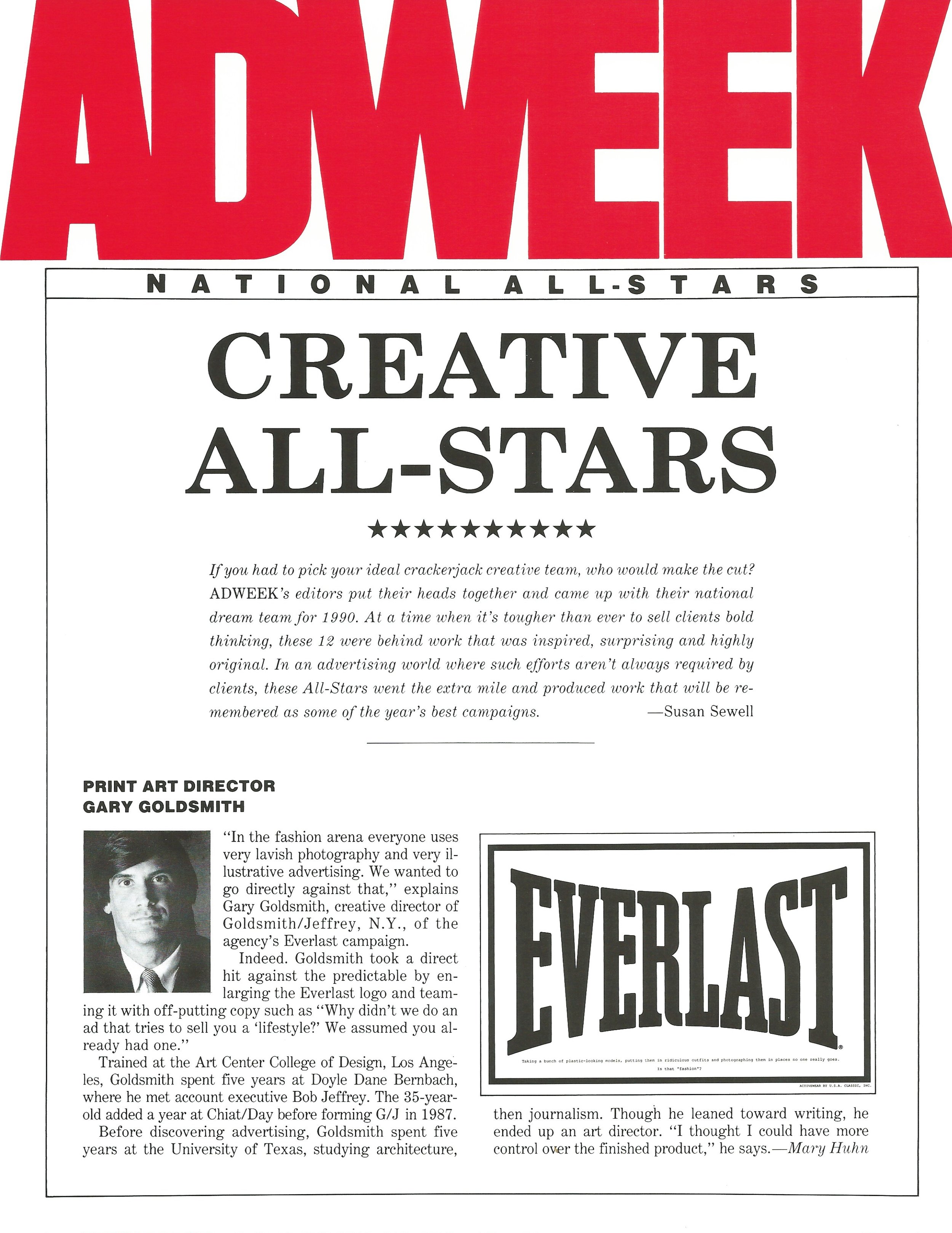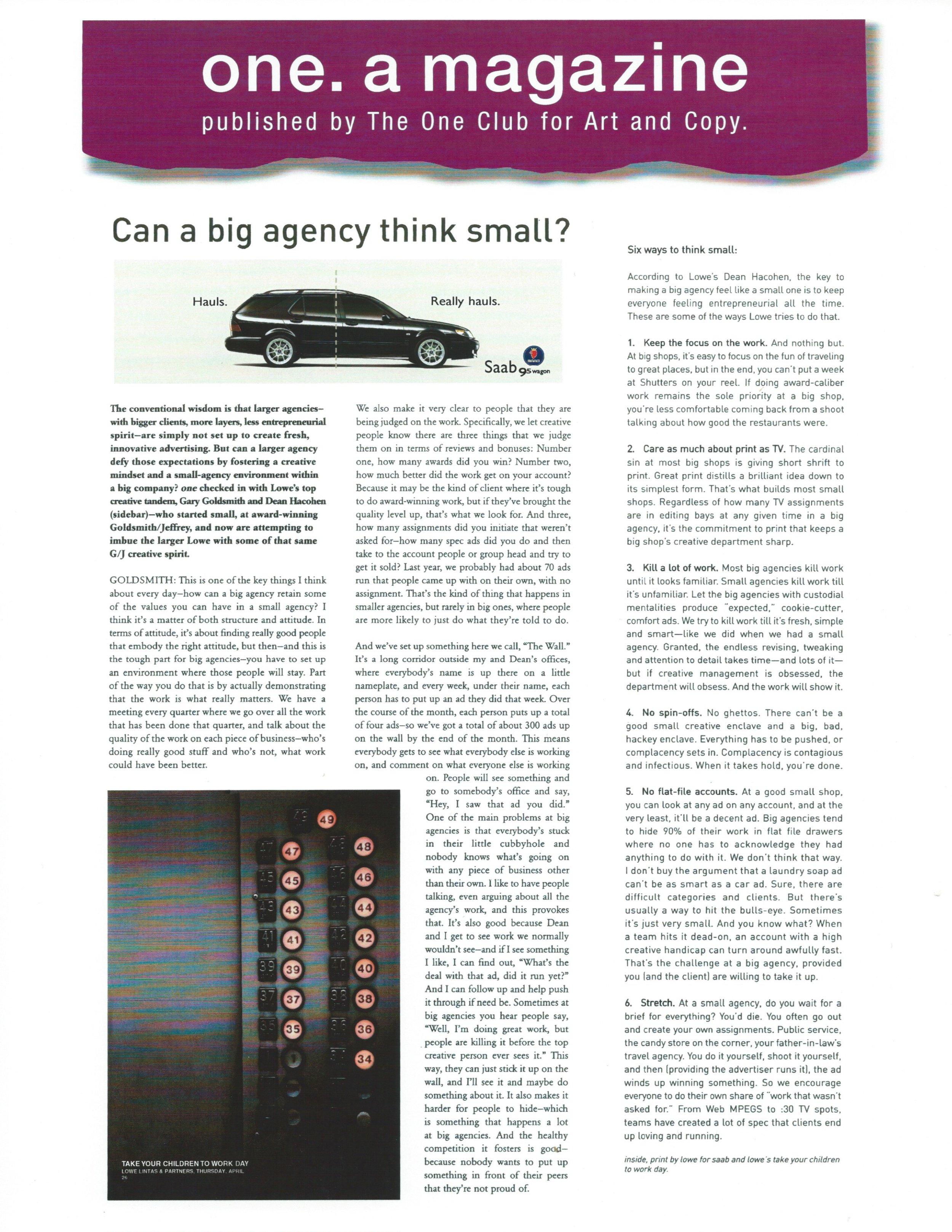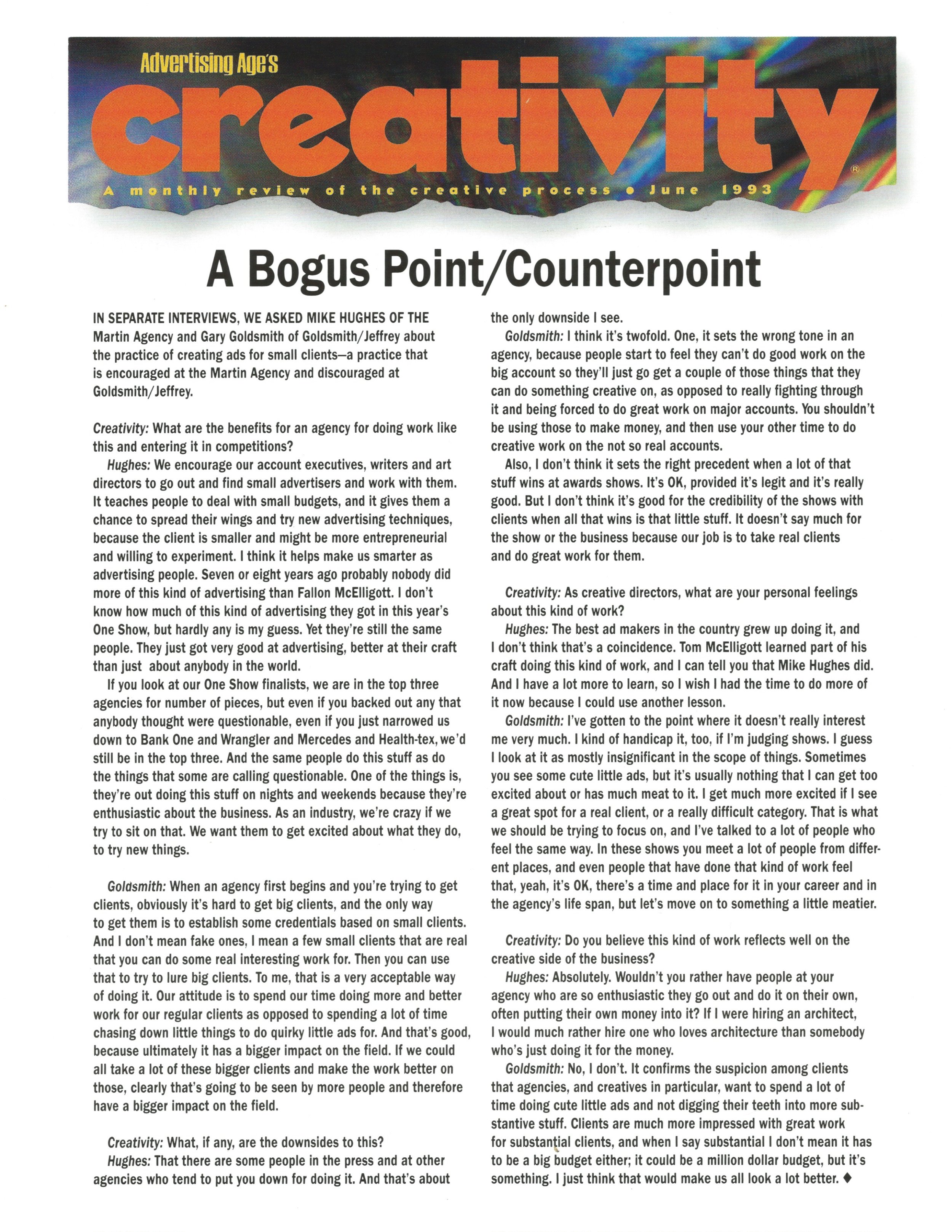Mentors are important. And they come in all forms.
Roy Grace, the chairman and chief creative officer of DDB, hired me out of school in 1981. The agency had over a thousand people, and probably two hundred creatives, but Roy found time to take a personal interest in me. He pushed good assignments my way, and then pushed me to do great work on them.
Roy was demanding and very direct, and his tough critiques were often sprinkled with sarcasm. After he killed a campaign that you had argued hard for, he would often say "Gary, you'll thank me someday".
He was usually right.
Thank you, Roy.
Helmut Krone, the legendary DDB art director, was a mentor of a very different kind. While Helmut was a man of few words, his actions spoke loudly.
Although he was probably about sixty at the time, Helmut worked harder than anyone in the agency.
And in spite of his body of award-winning work and Hall of Fame career, Helmut always carried the edge of a man who felt he had something to prove.
And he did. To himself.
Locked in his office most of the day, experimenting, ruminating, cutting, pasting, throwing away yesterday's "great idea" and generally torturing his writers, you learned from Helmut by watching.
I remember once while working on a very radical Volkswagen campaign getting up the nerve to go to Helmut's office and asking if he would take a look at what we'd done. To my surprise, he said he'd come down to my office in a few minutes.
When he walked in, I had all the work spread out over the floor and pinned to the walls. He stood in silence, scanning the room, smoking his cigarette for what seemed like an eternity.
He finally said, "you might be right" and walked out.
Coming from Helmut, that was a compliment. I think.
Bob Gage, an equally legendary DDB creative director, was my immediate boss when I began my career. Roy had assigned me to be his assistant.
Bob was older as well, near the end of his career, and working almost exclusively from home at the time. We didn't meet in person for almost three months. We worked by phone and fax and messenger service. A funny, Mad Men-style precursor to our current digital/virtual age.
Bob was a big, gruff, outspoken bear of a man, but a teddy bear at heart. In some ways he reminded me very much of my father, and we worked well together.
Bob had the ability to cut right to the heart of an idea, not getting caught up in the superficialities that can make lame work somehow appear to be good.
And while he was tough on the work, he was supportive of the people who did it.
He also shared his wisdom. and handed out pearls of advice.
“You. know, Gary, I have a lot of bad ideas too. The difference is that mine end up in the trashcan and most people’s end up in magazines”.
Only two months into my career, he asked me to go to LA to cover a very important Polaroid shoot for him. The account team was extremely nervous, sucking down bottles of Maalox, but wouldn't dare question him. In a phone call before the shoot, I thanked him for trusting me.
"Don't worry, Gary, whatever you f...up, I can fix", was his response.
And yes, he could.




